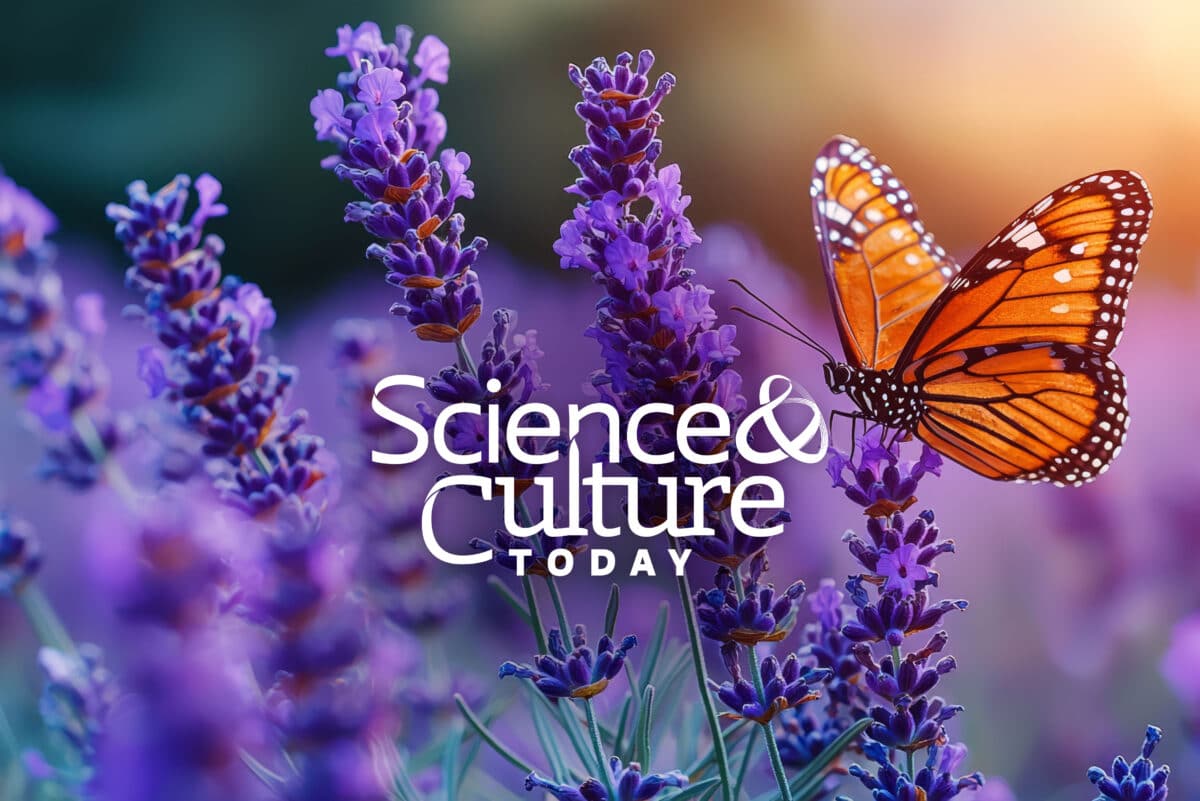
Science and Culture Today
Discovering Design in Nature
Today


Eight Reasons Sex in Humans Is Binary

Horrors of AI Finally Come into View
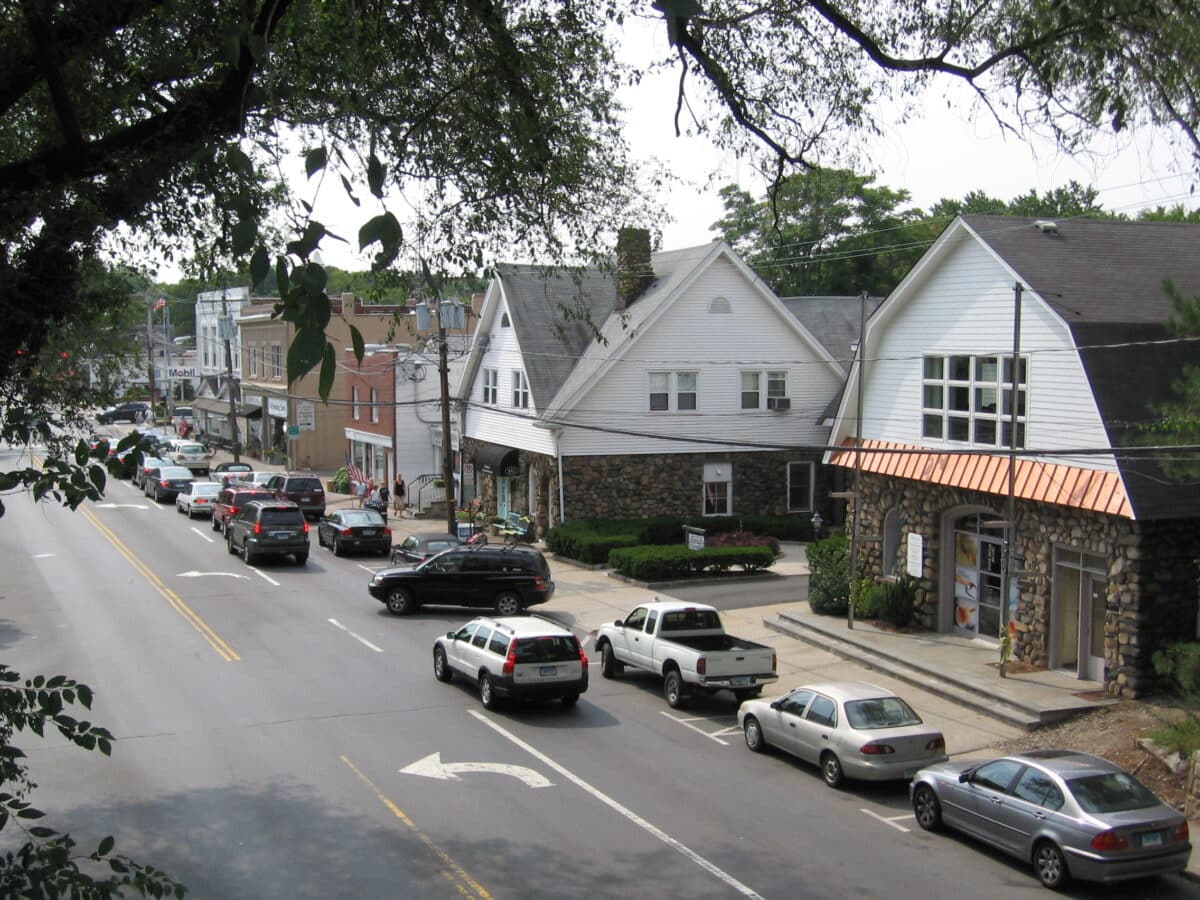
An ID Addendum to AI Horror in Connecticut

Bringing "Equity" to Scientific Citations
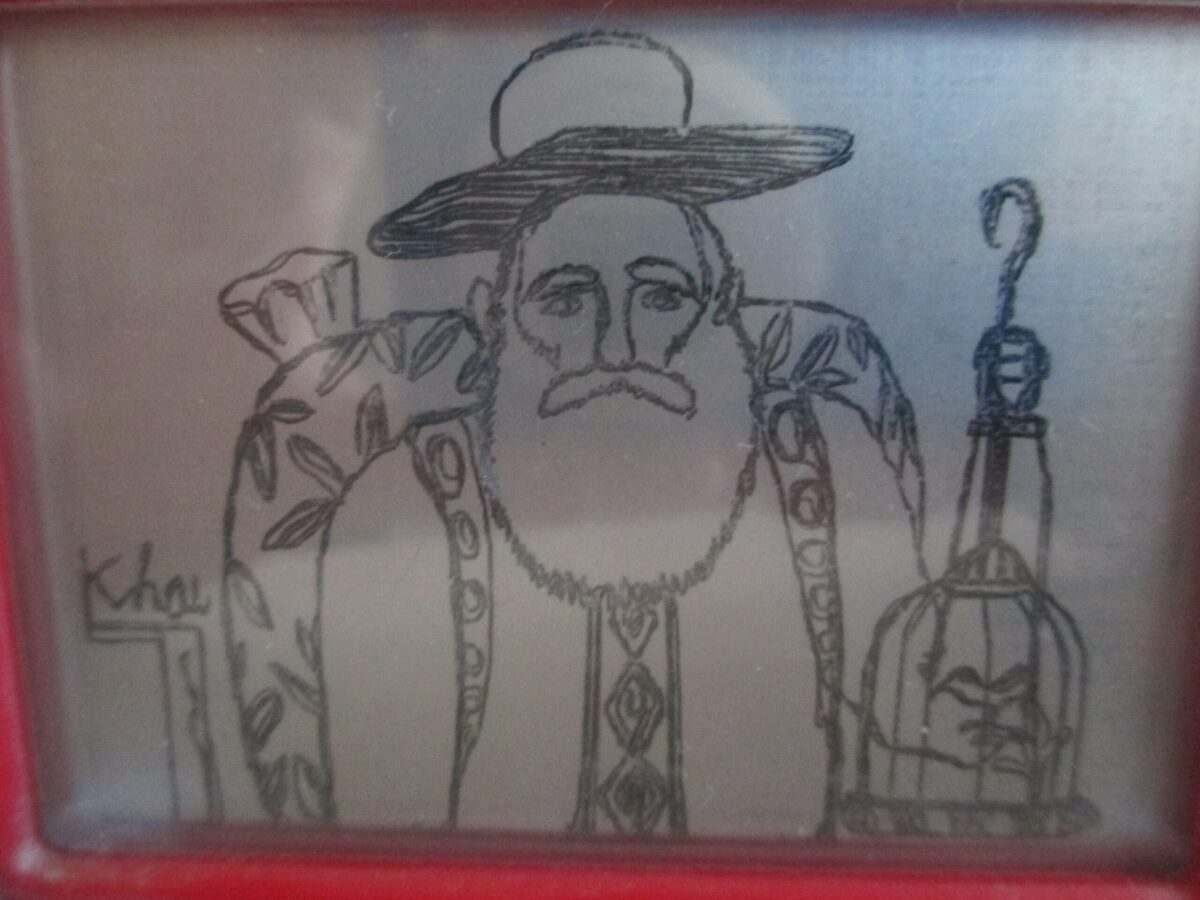
Next: “Digital Twins” as a Matter of “Equity”?
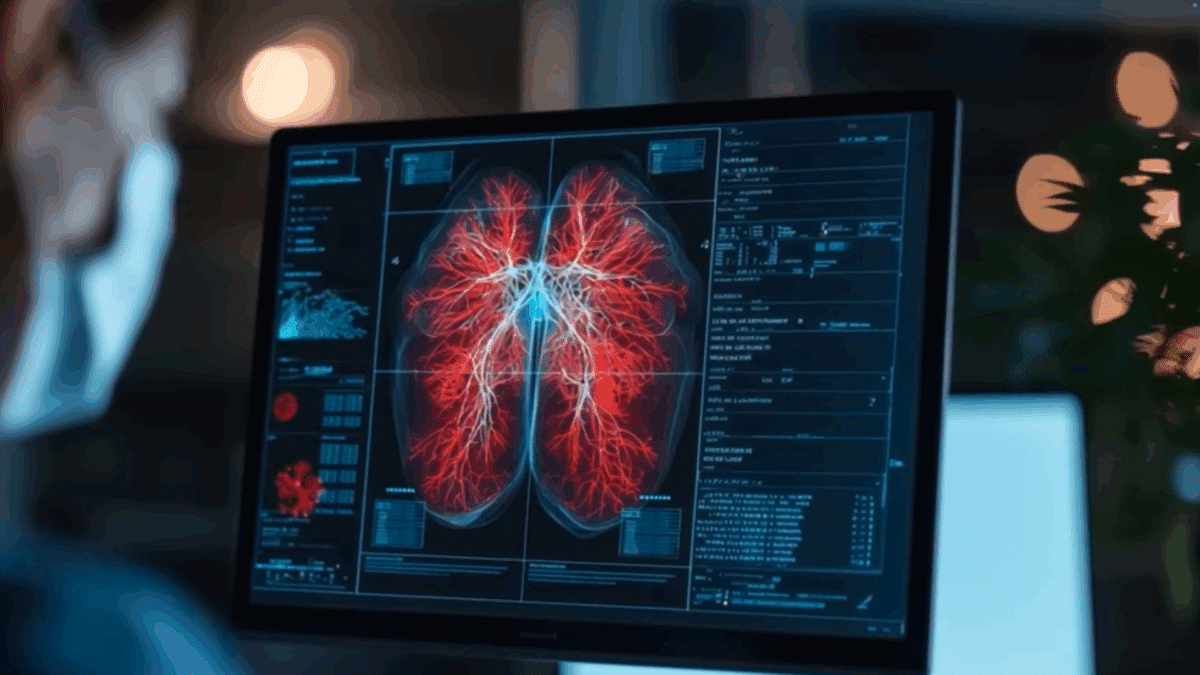
Your Body’s Secrets, Revealed in a New Series
Recommended
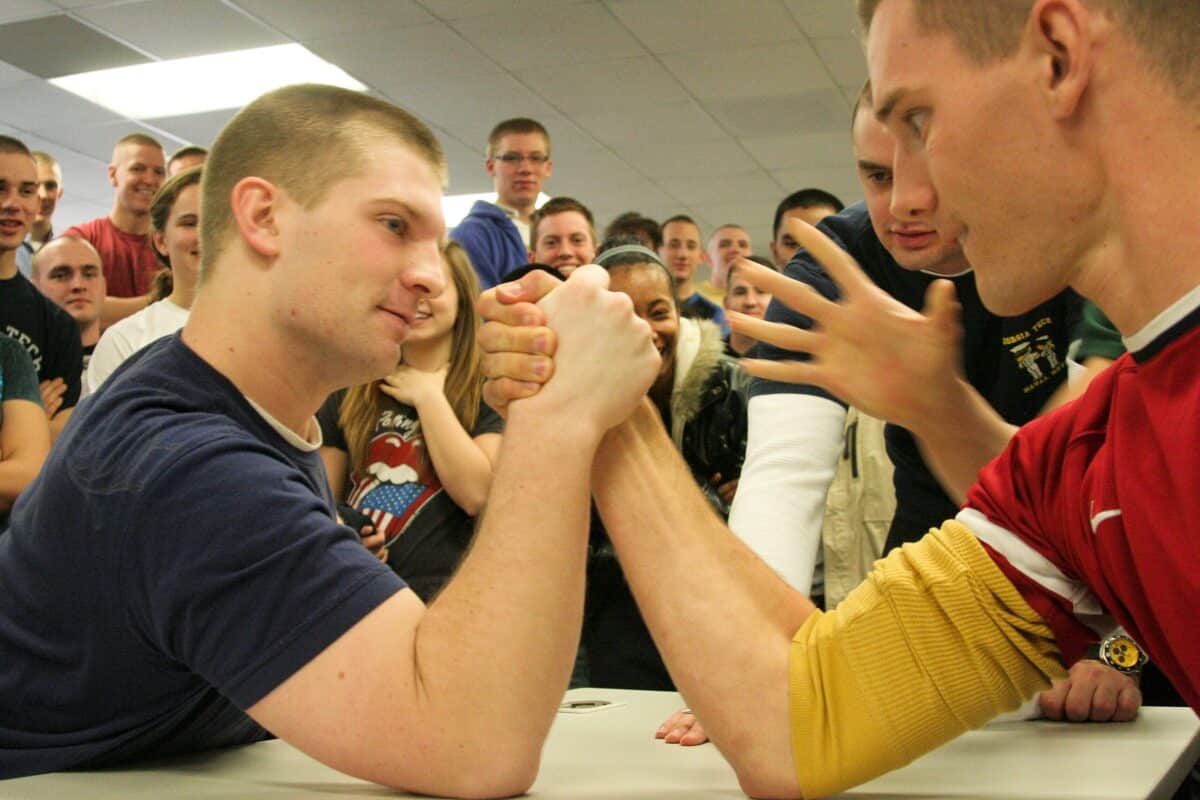
Is Intelligent Design Gaining the Upper Hand?
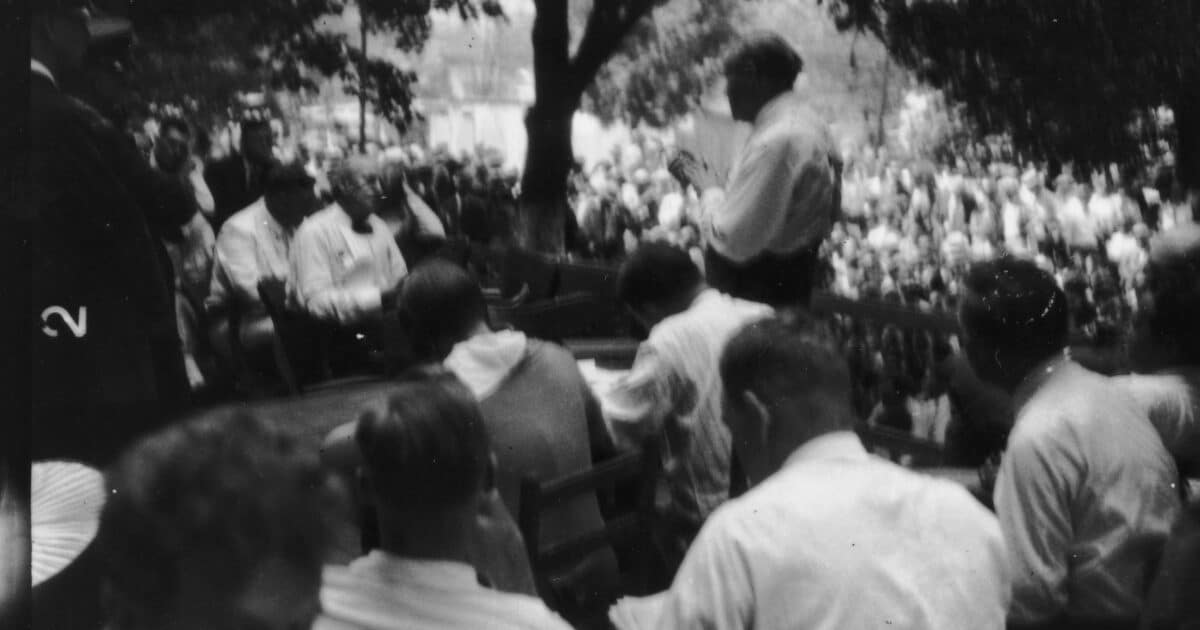
Scopes: Same Debate, Different World
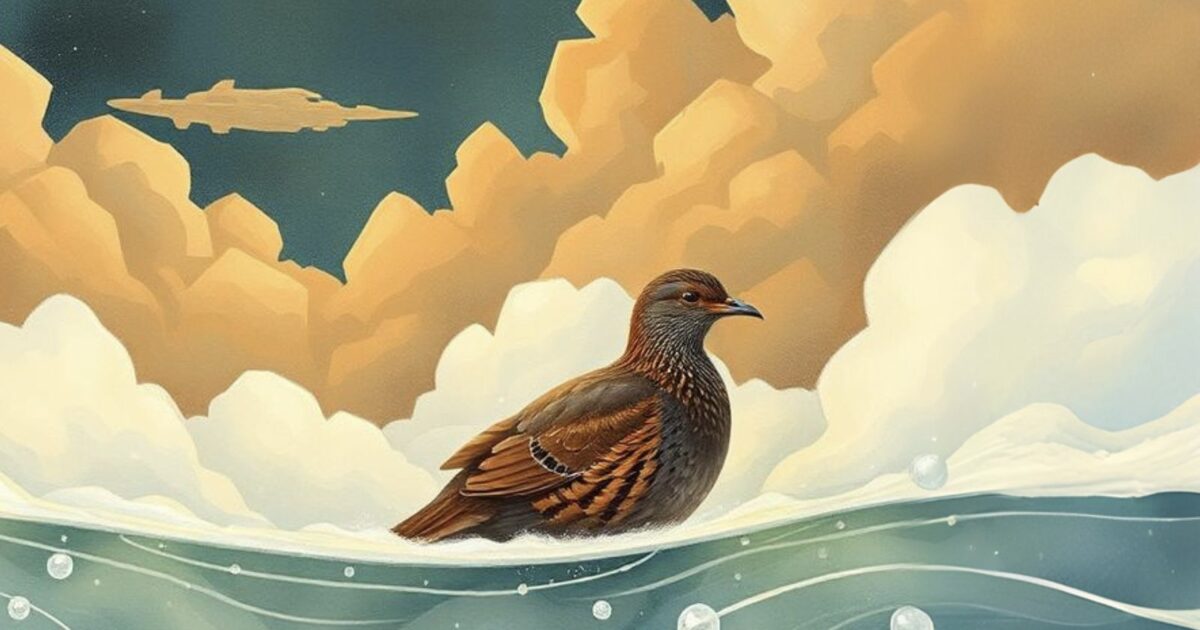
What’s Bothering Augustine?
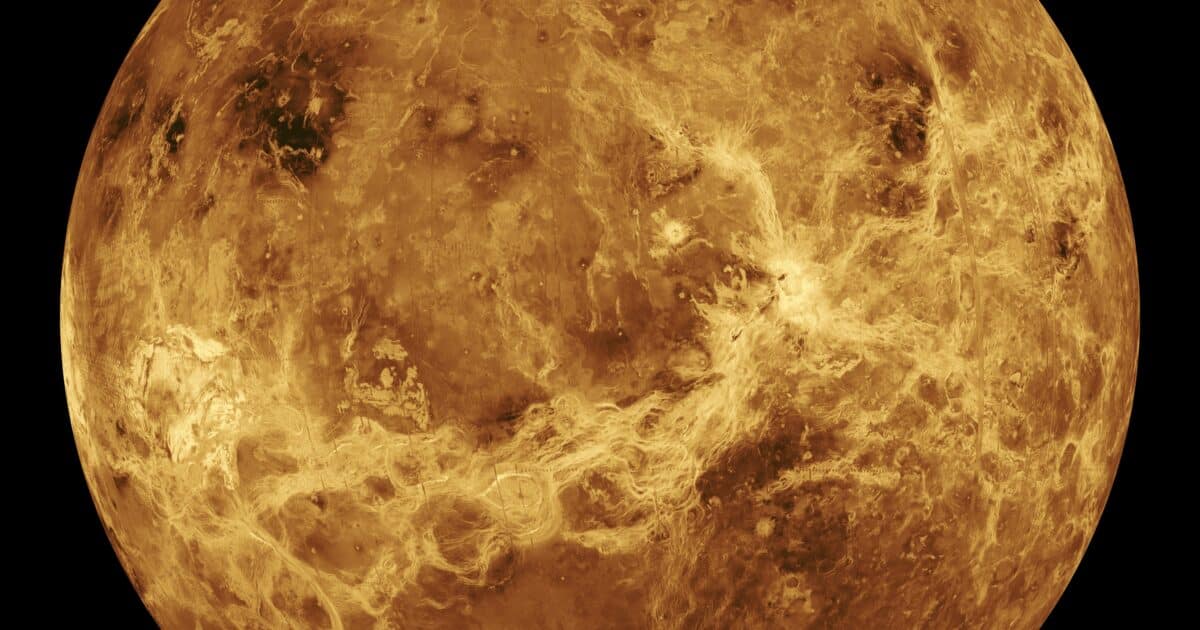
Geometric Design in the Solar System
ID the Future
with Andrew McDiarmid
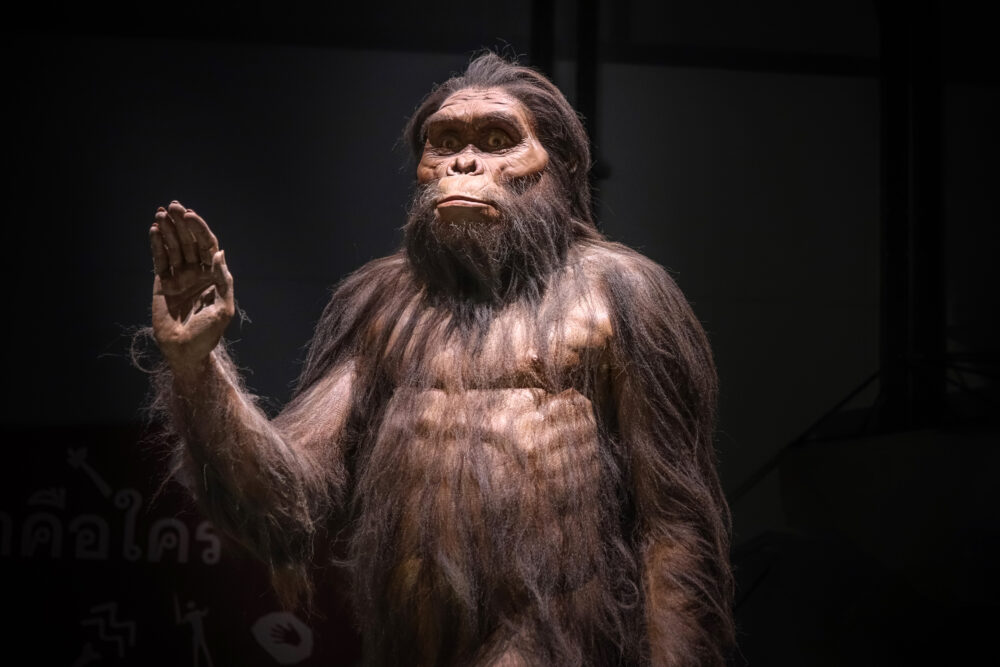
How to Respond to Common Criticisms of Intelligent Design
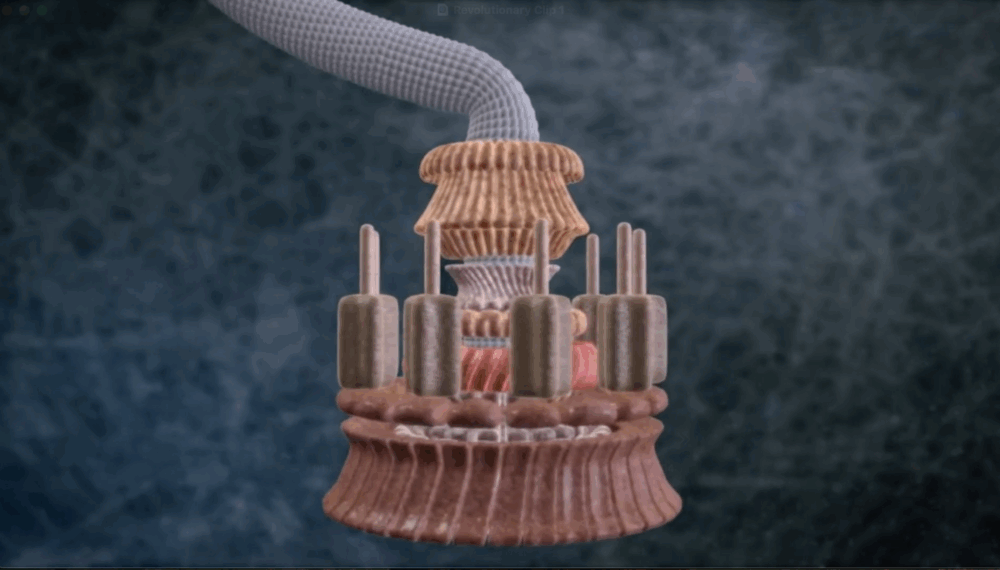
Casey Luskin on the Core Concepts of Intelligent Design
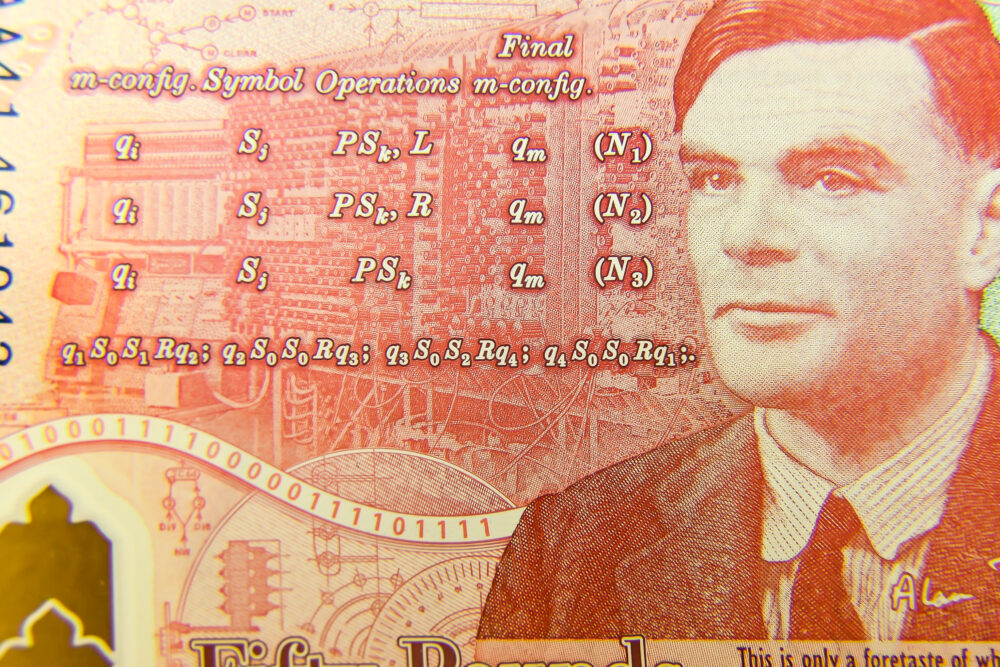
David Berlinski on the Immaterial, Alan Turing, and the Mystery of Life Itself
Latest Videos
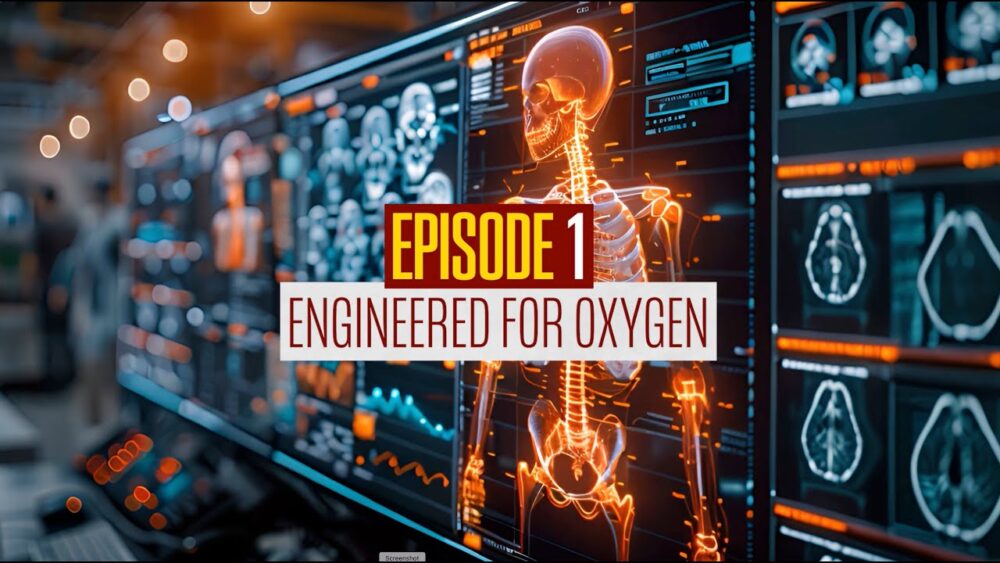
Engineered for Oxygen

Secrets of the Human Body Trailer
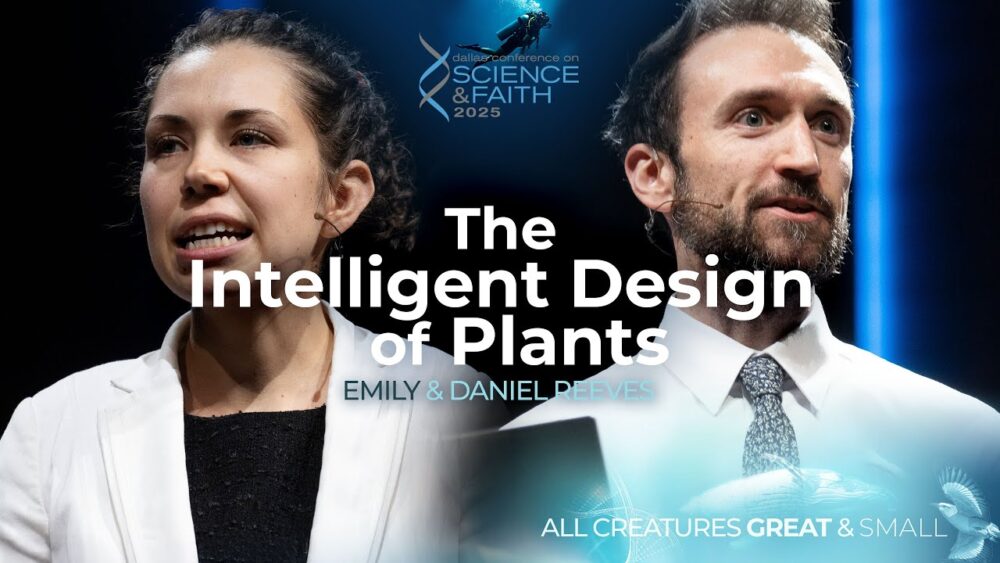
The Intelligent Design of Plants
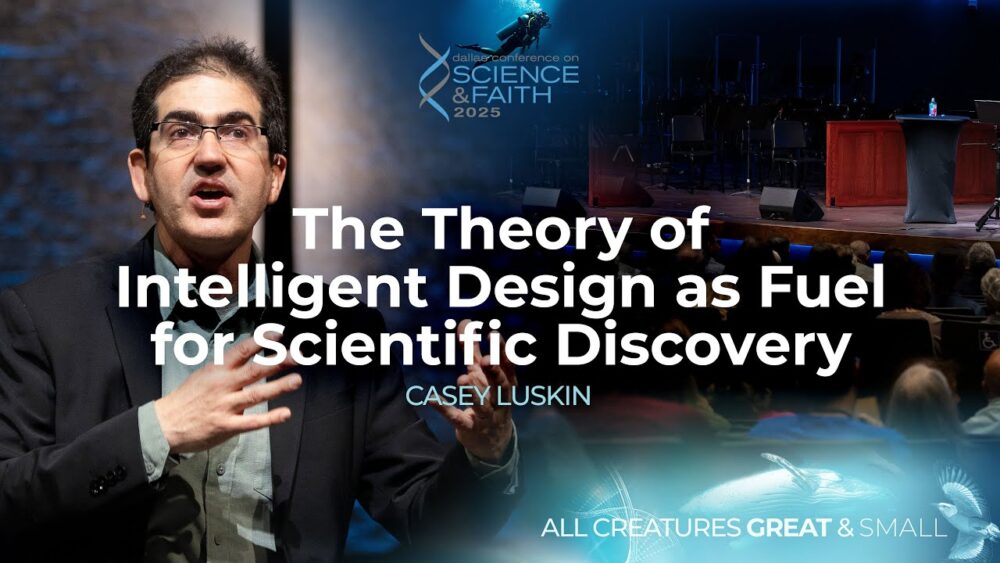
Intelligent Design as Fuel for Scientific Discovery (2025 Dallas Conference on Science & Faith)
Intelligent Design
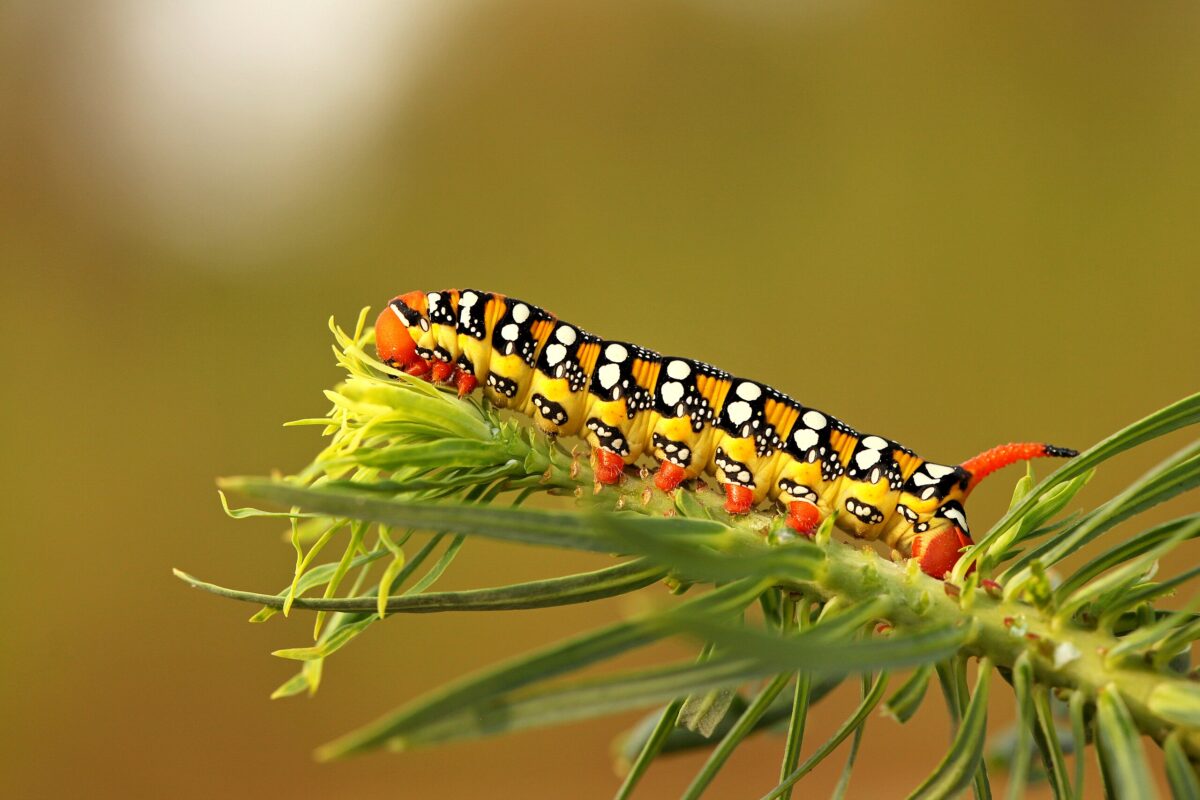
"A Kind of Intelligence Evident Nowhere Else"

Postcard from Warsaw: Teleology in Science

Communication Sets Us Apart
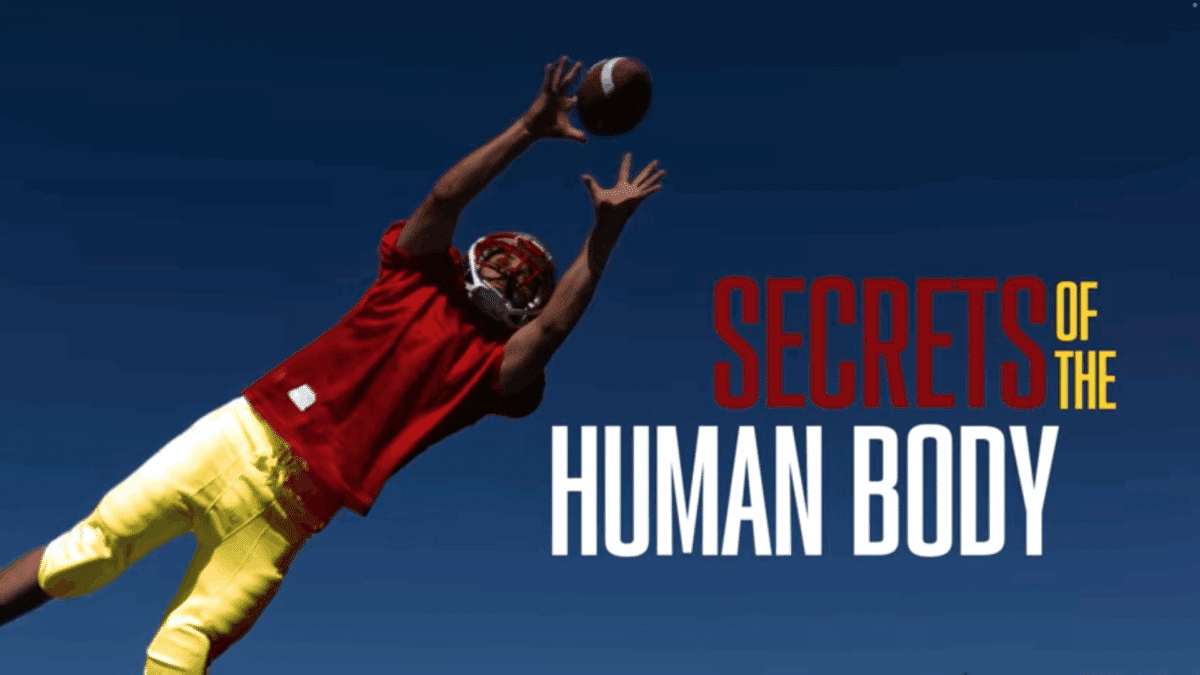
Trailer: Secrets of the Human Body
Historical Sciences
Origin of Life
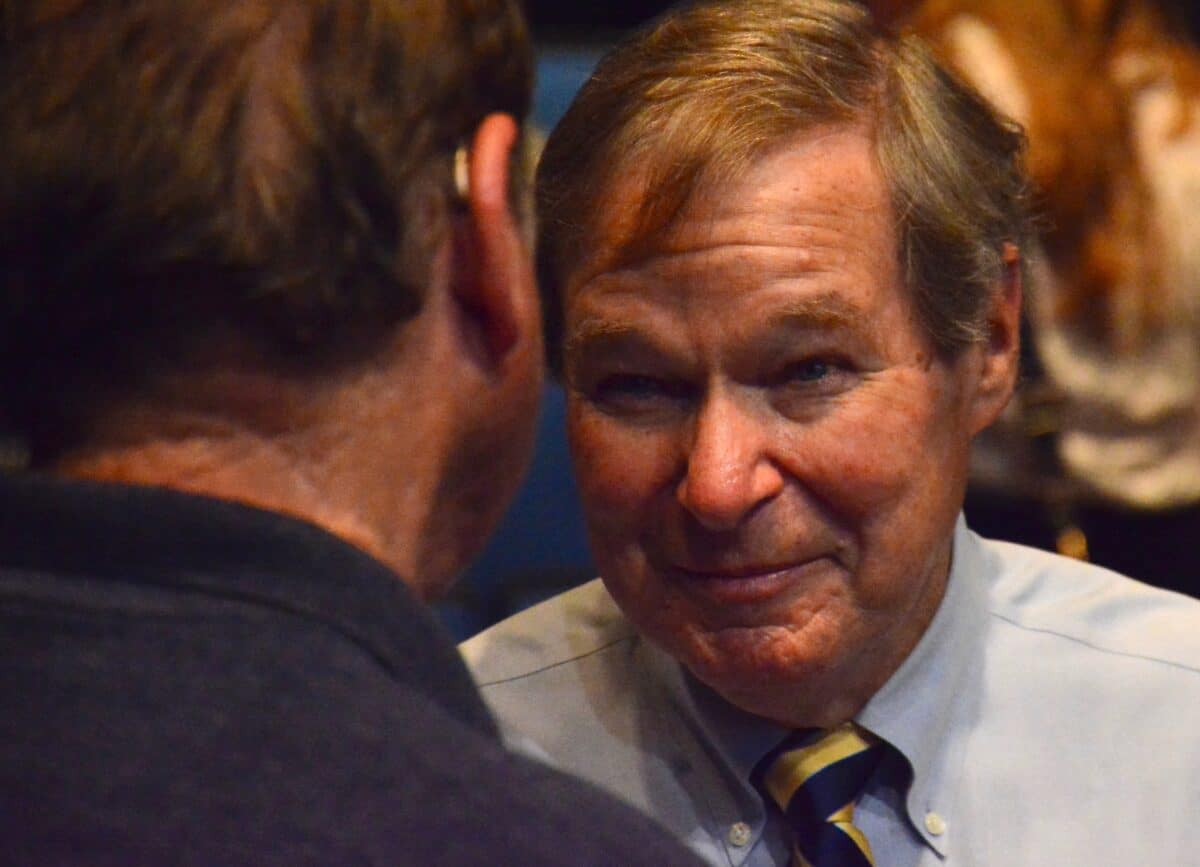
The Origin Story of an Intelligent Design Classic
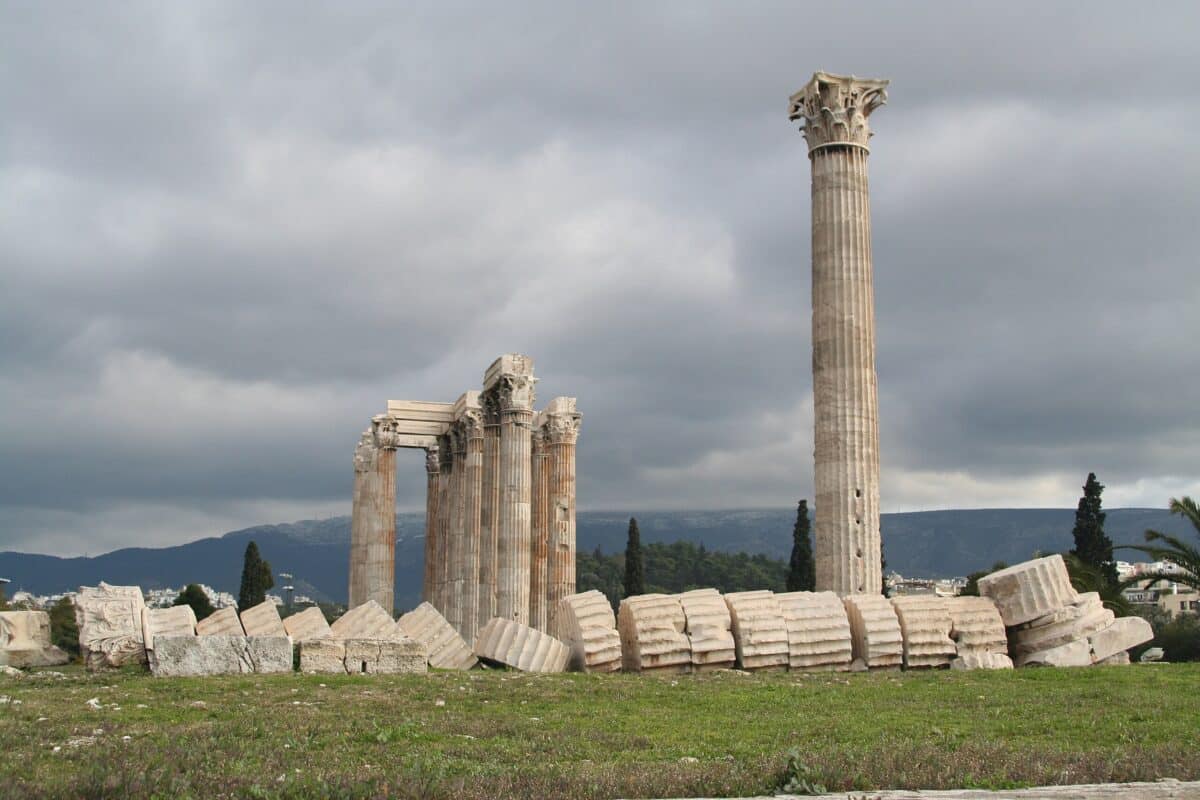
Tour Undermines Pillar of Origin-of-Life Theories
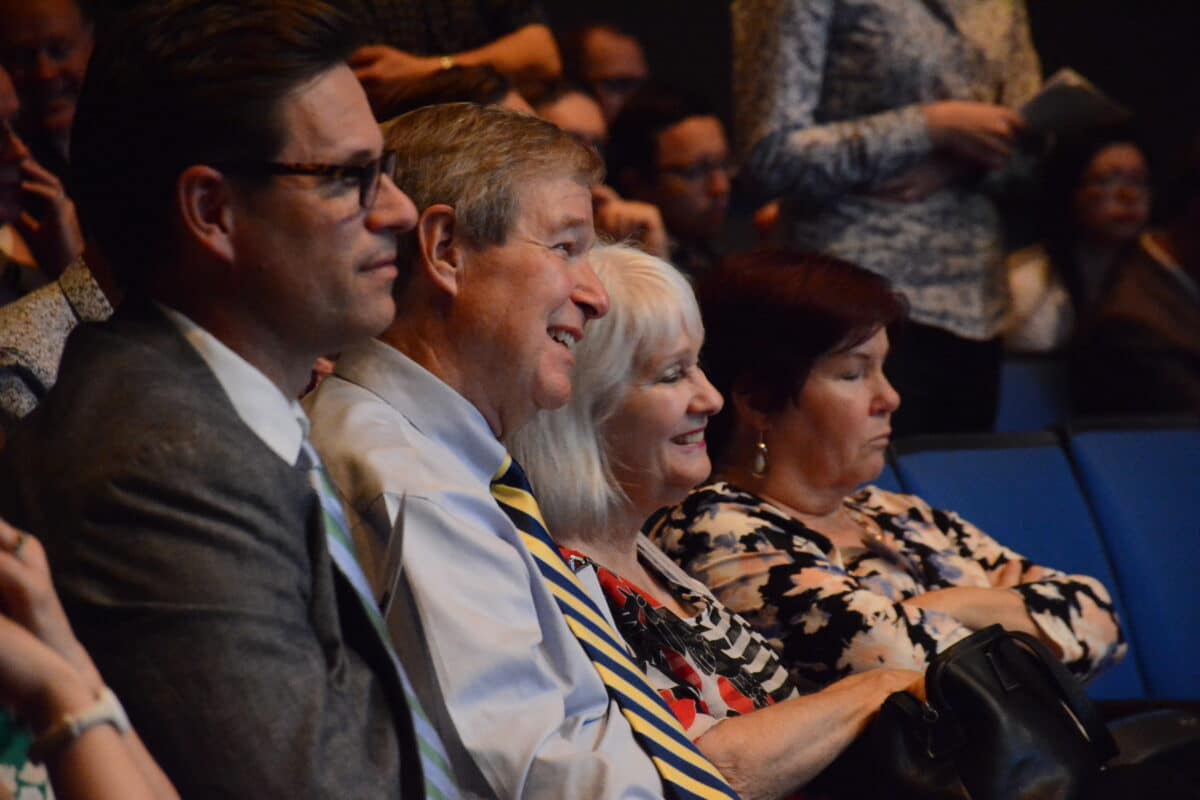
Walter Bradley on the Origin of Life
Evolution

Cancer and the Limits of Darwinian Evolution
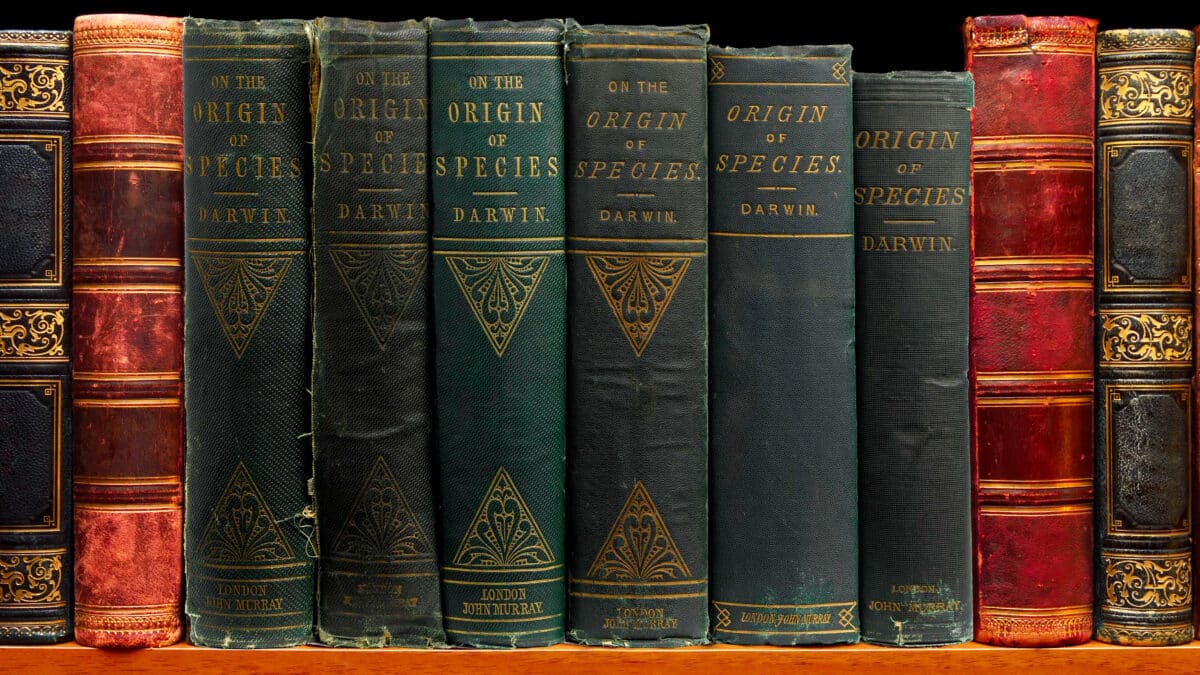
From Fantastic Four to First Causes
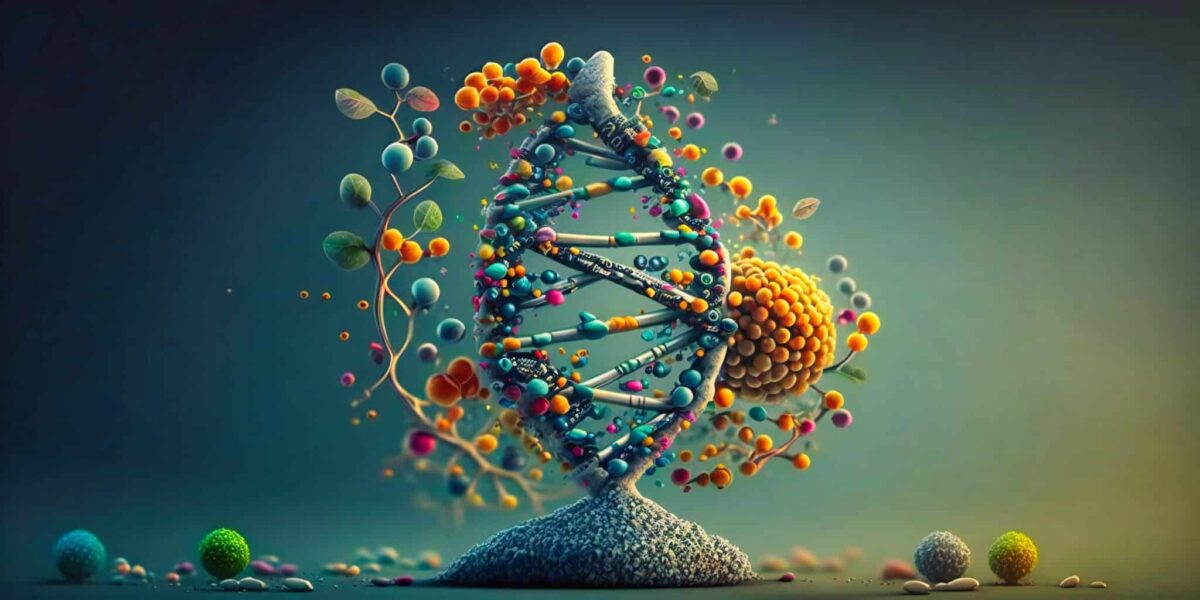
Why Dogmatic Materialism Is Bad for Science
Paleontology
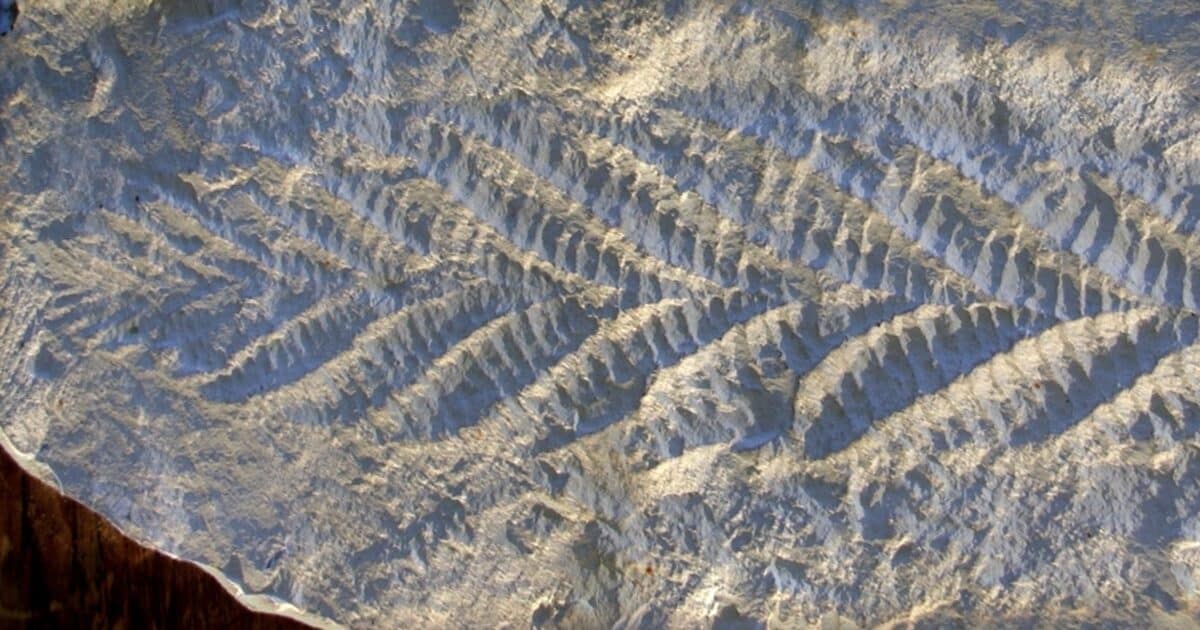
Fossils as Magical Darwin Relics
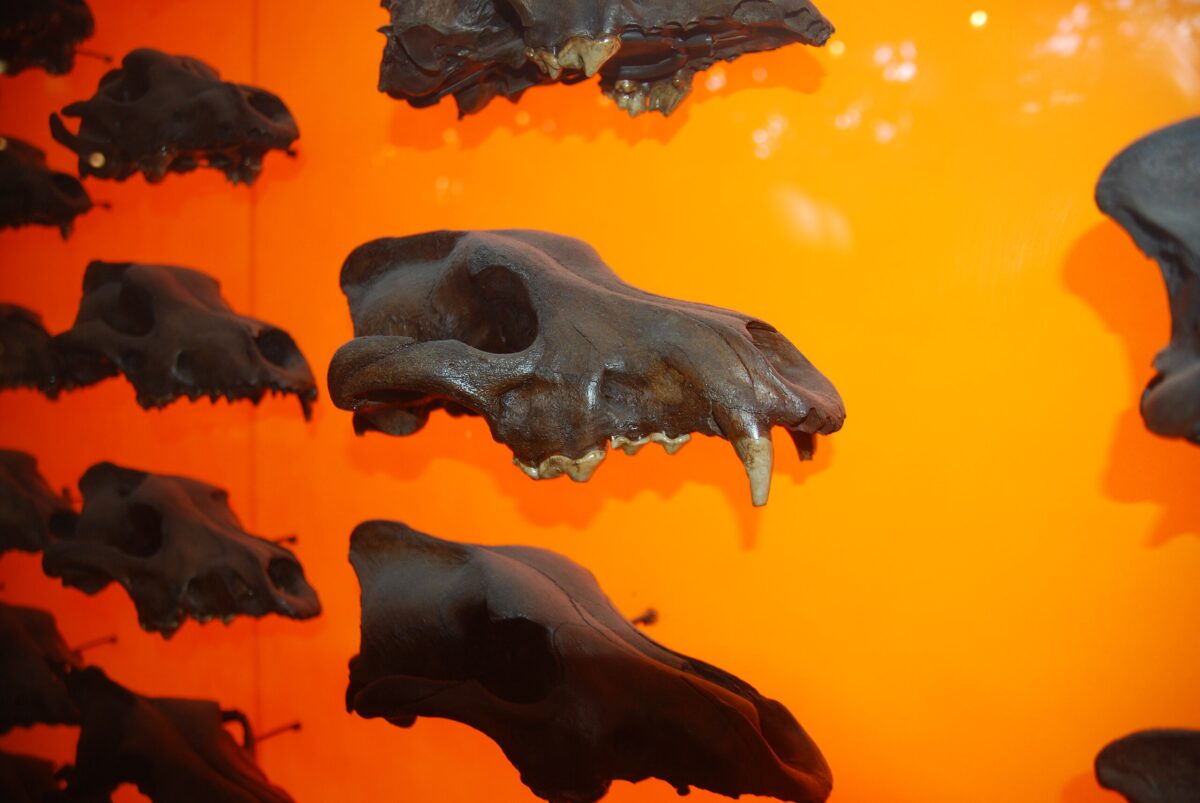
Cold Water on “Dire Wolves”
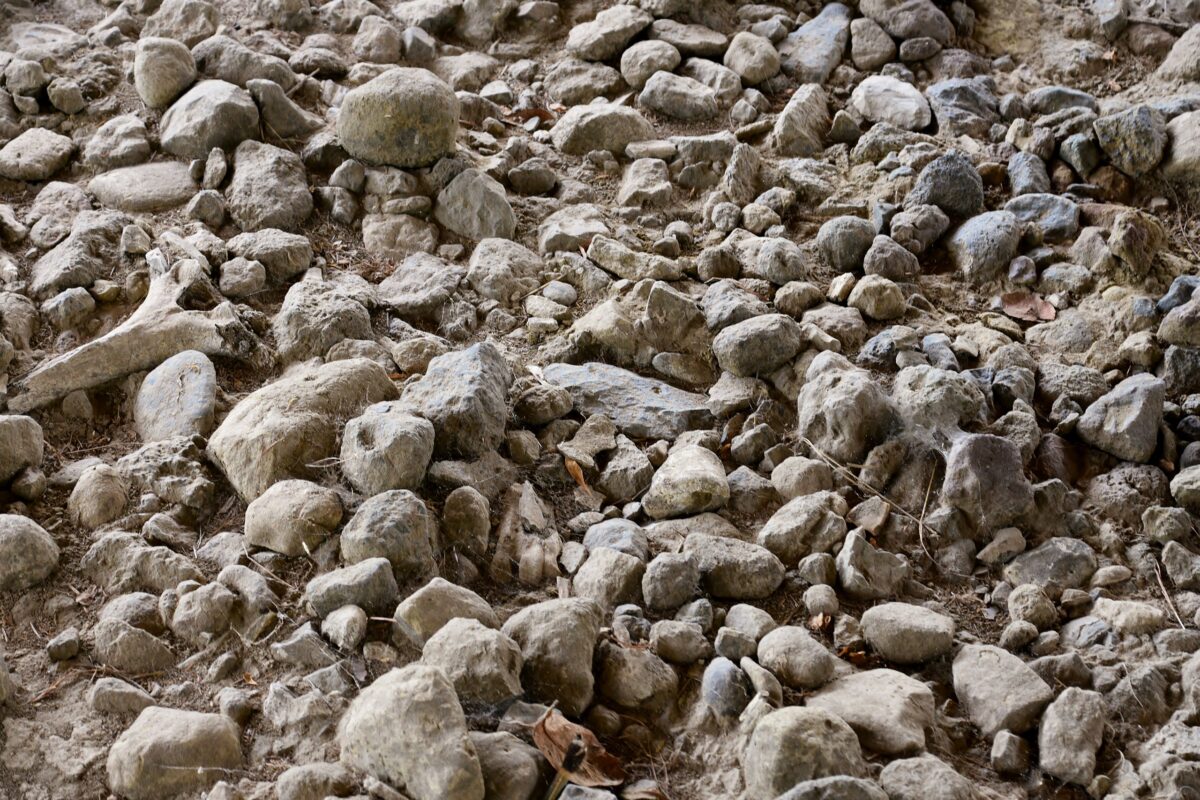
Evolution Harms the Study of Human History
Cosmology
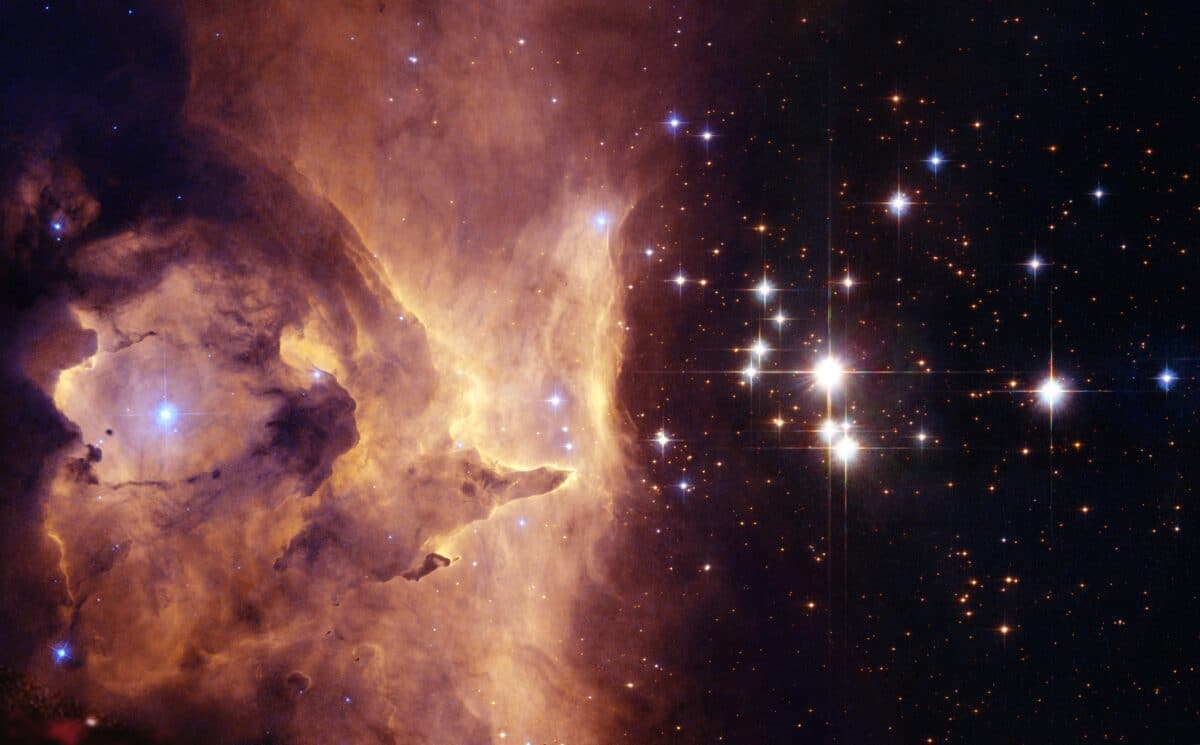
The Birth of Science and of the Cosmos
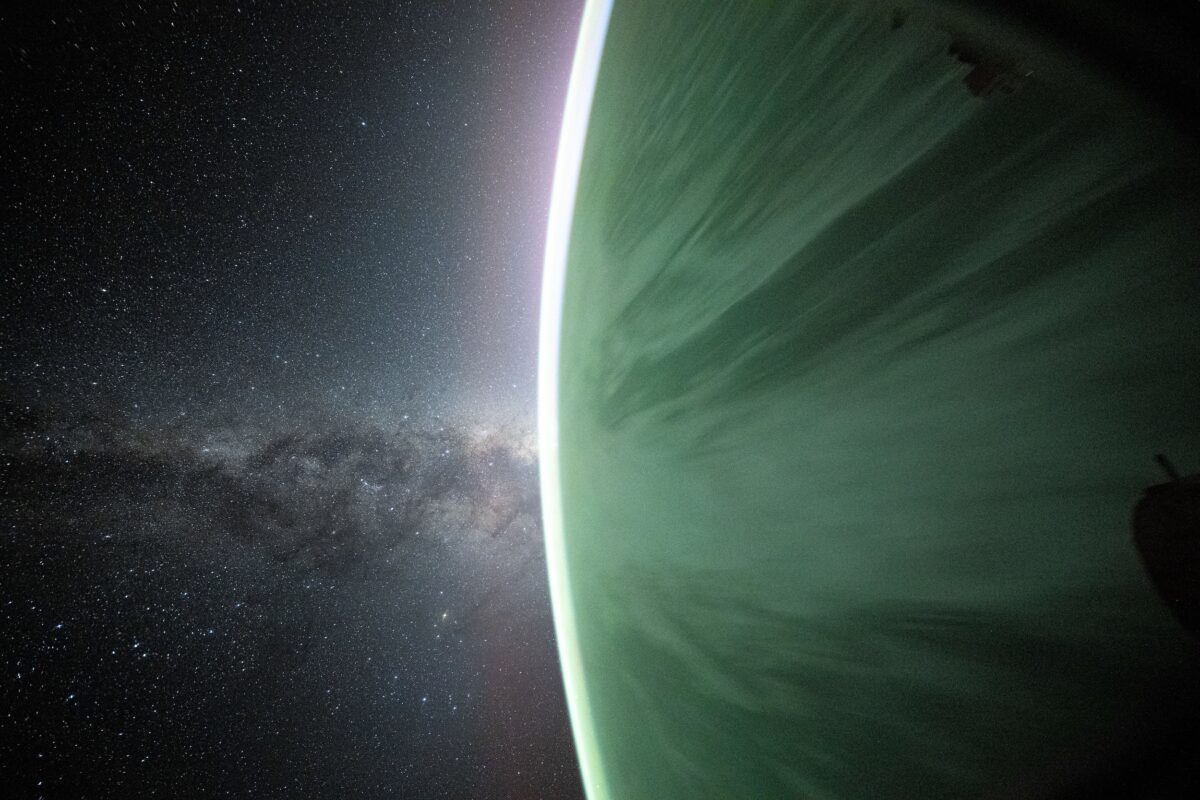
12 Discoveries Point to Intelligent Design
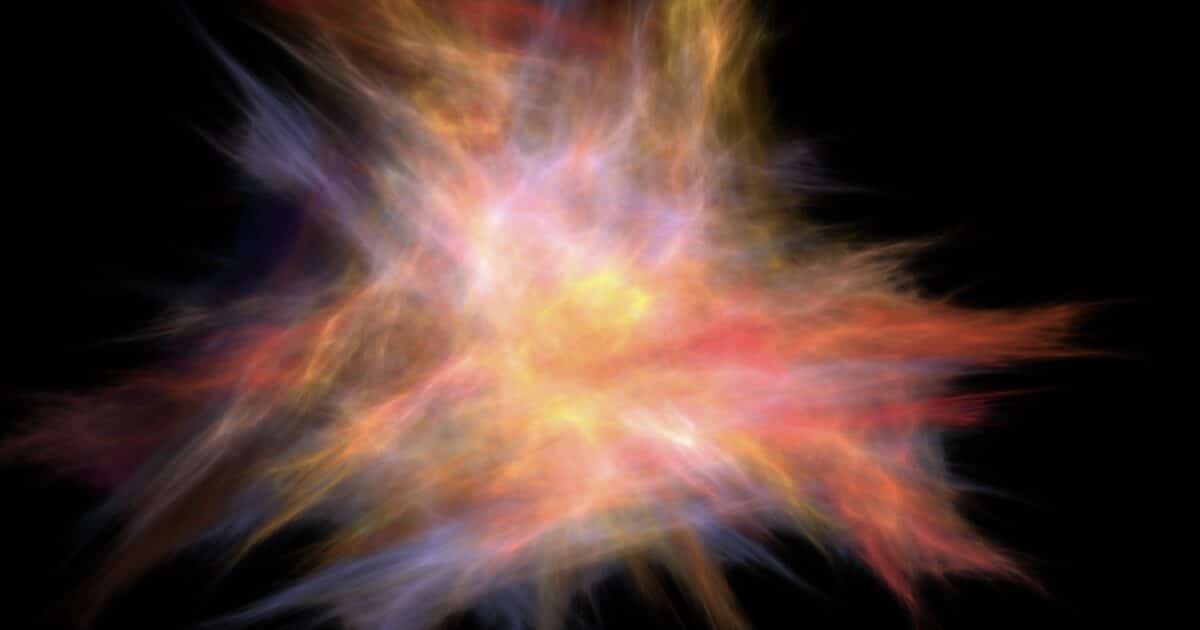
The Singularity that Atheists Try To Evade
The Singularity that Atheists Try To EvadeHuman Origins
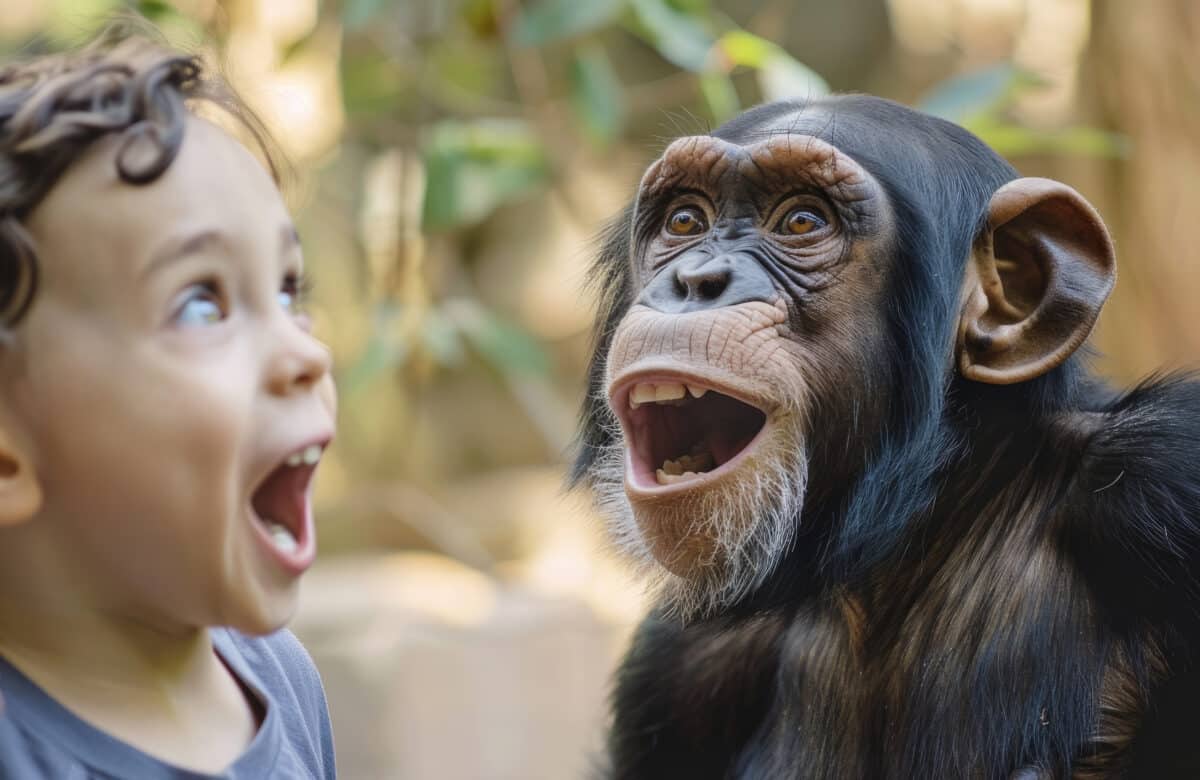
Berlinski on Human-Chimp Differences and More
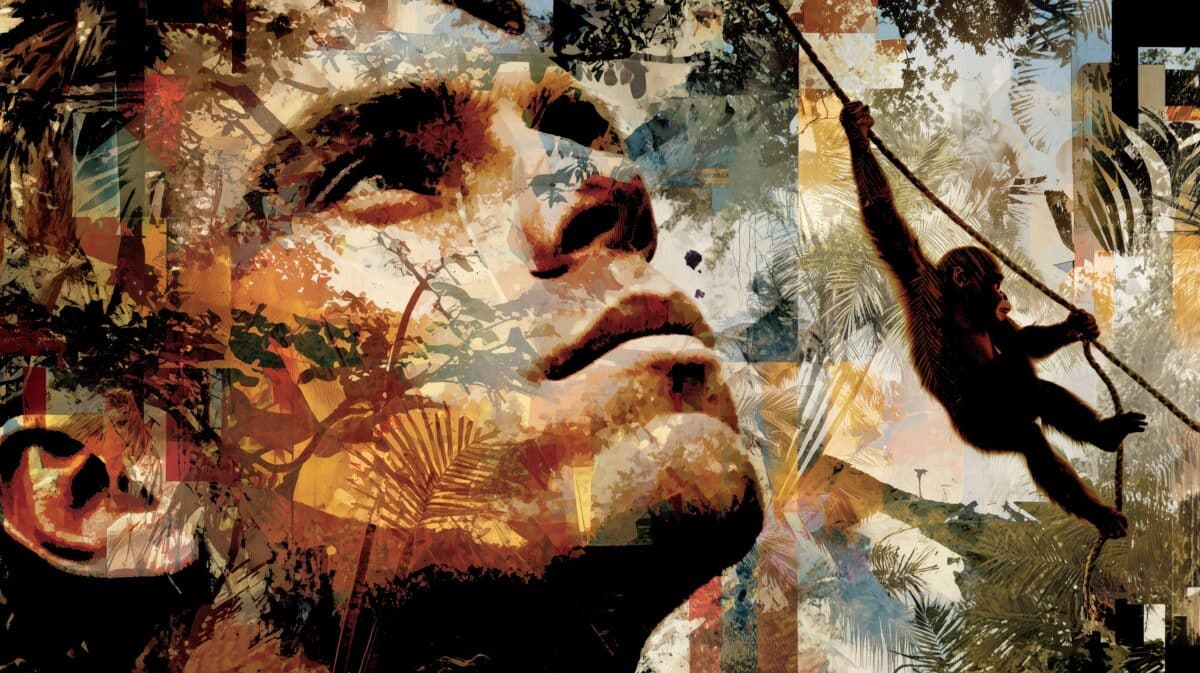
Hey Smithsonian, Make Humans Exceptional Again
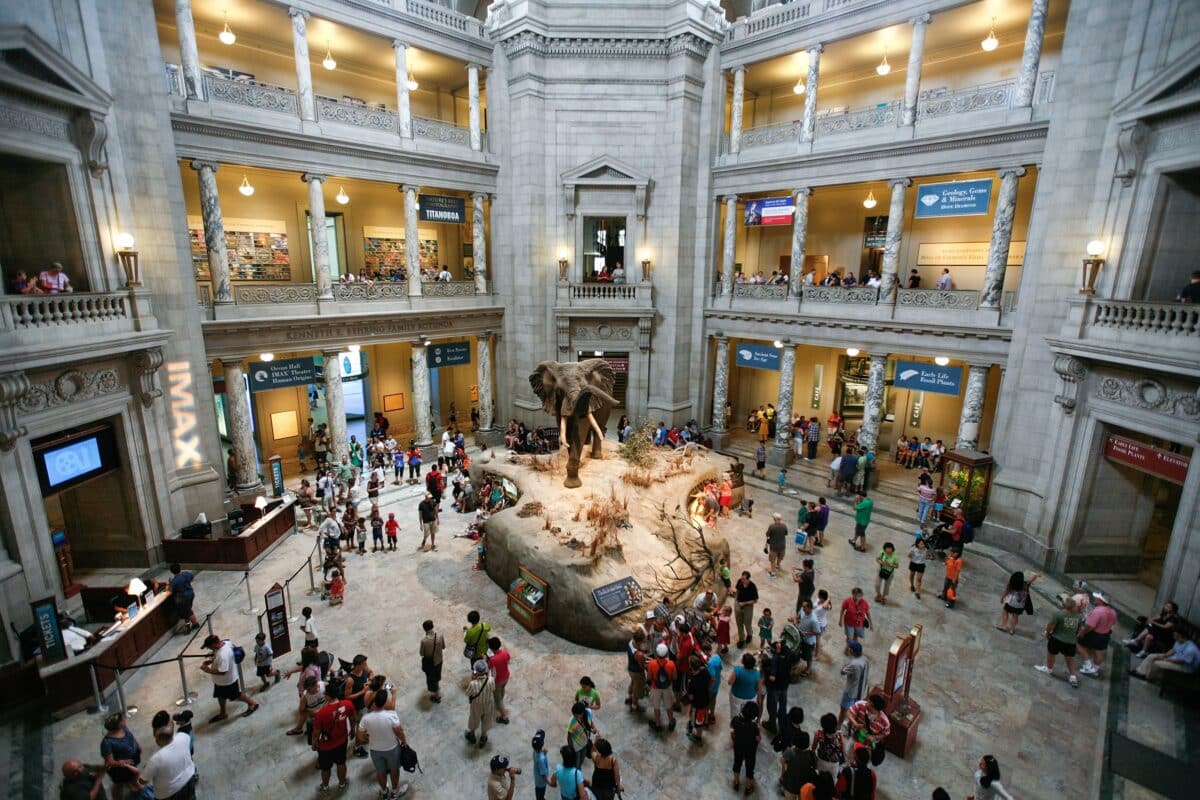
Calling on Smithsonian to Fix Errors to Be Mean?
Archaeology
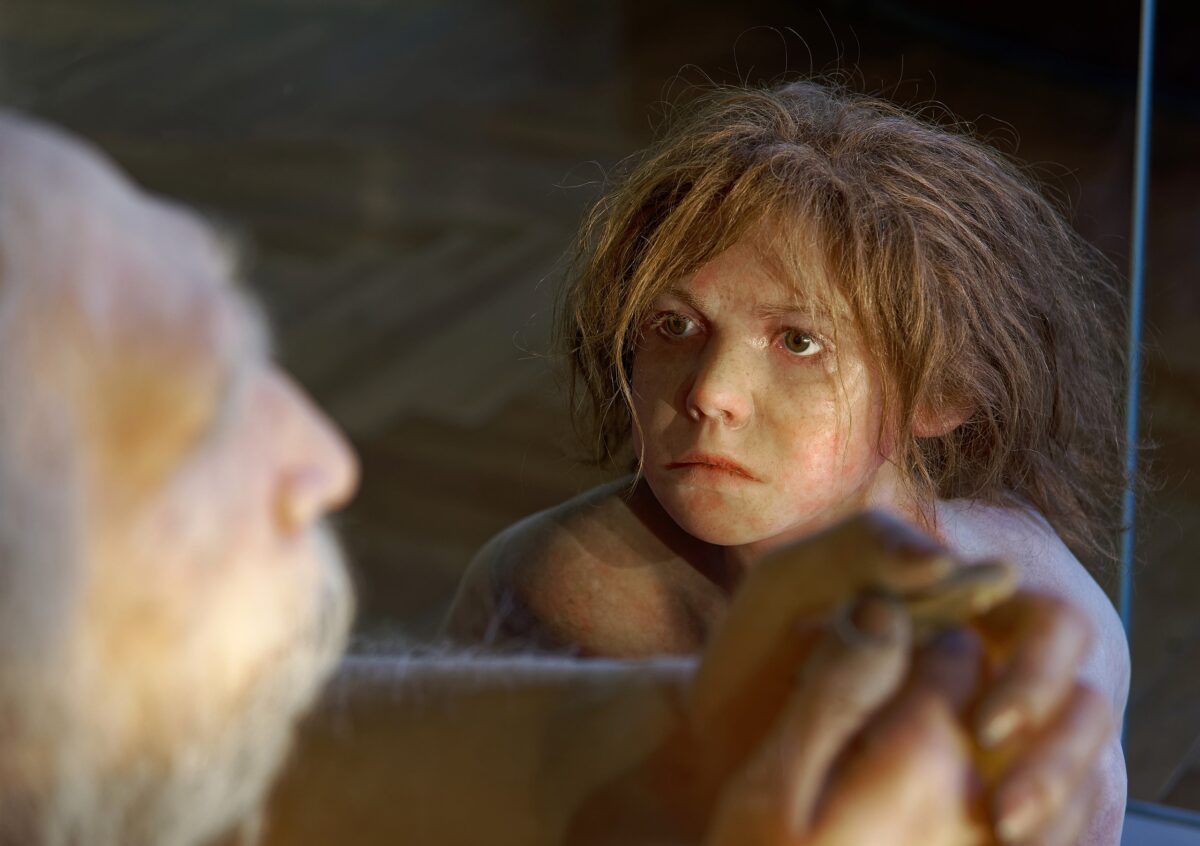
More Discoveries Point to Neanderthal Intelligence
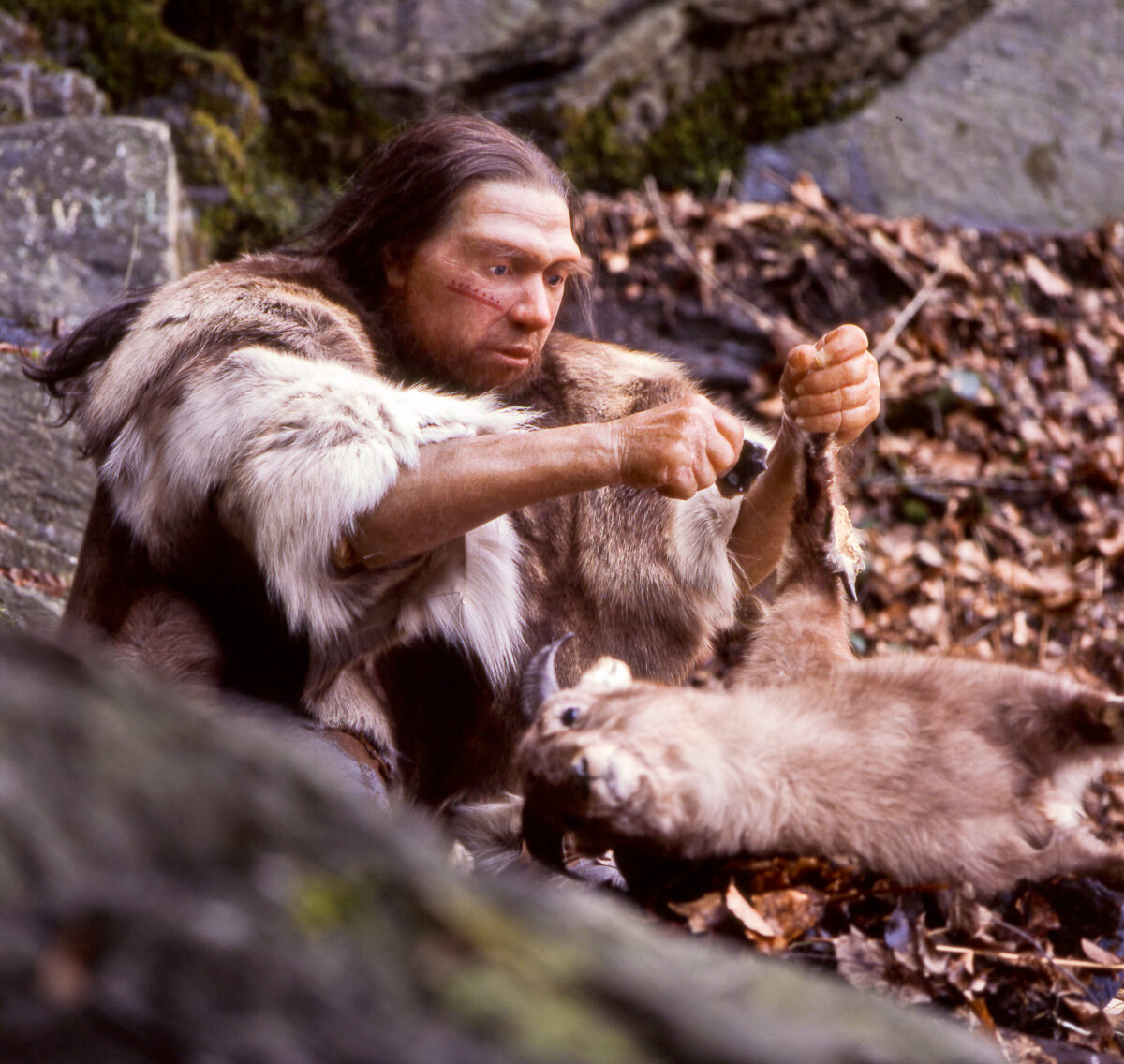
The Joy of (Neanderthal) Cooking
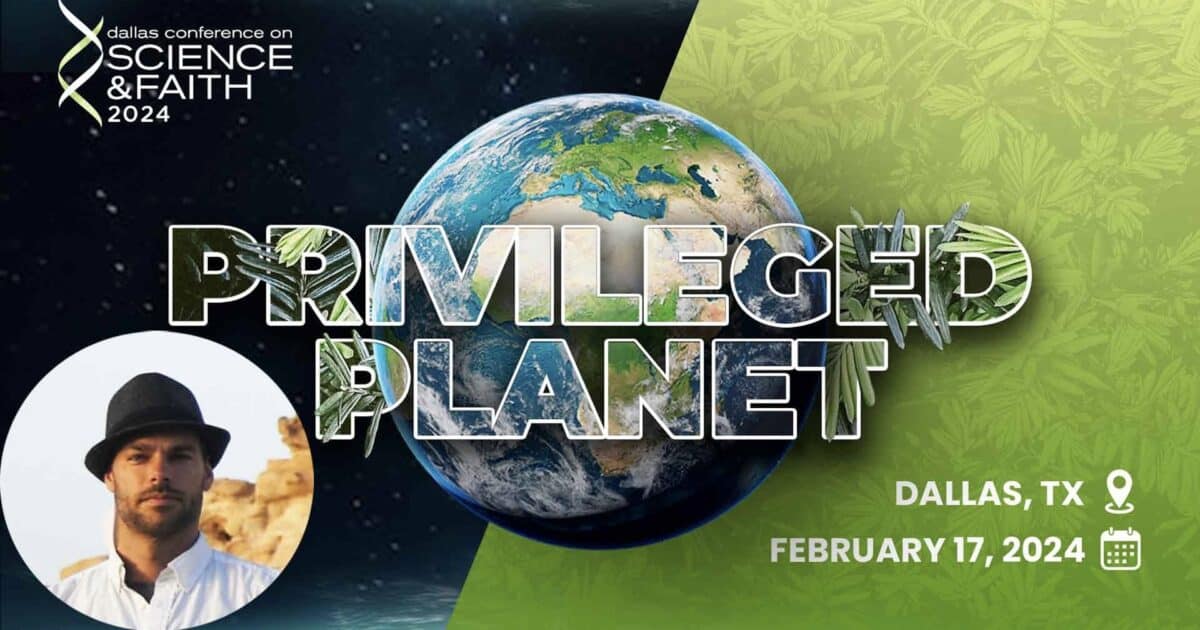
Dallas Conference: Archaeology & the Life of Jesus
History of Science
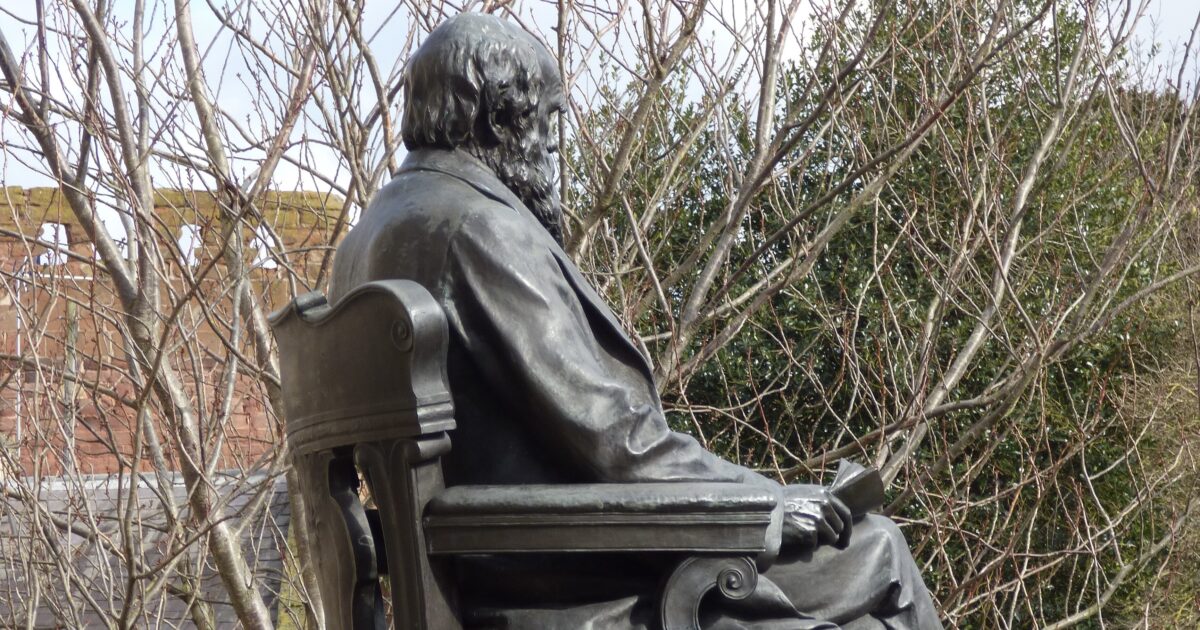
Darwin as a Prefiguration of Postmodern Man

The Legacy of Baruch Spinoza
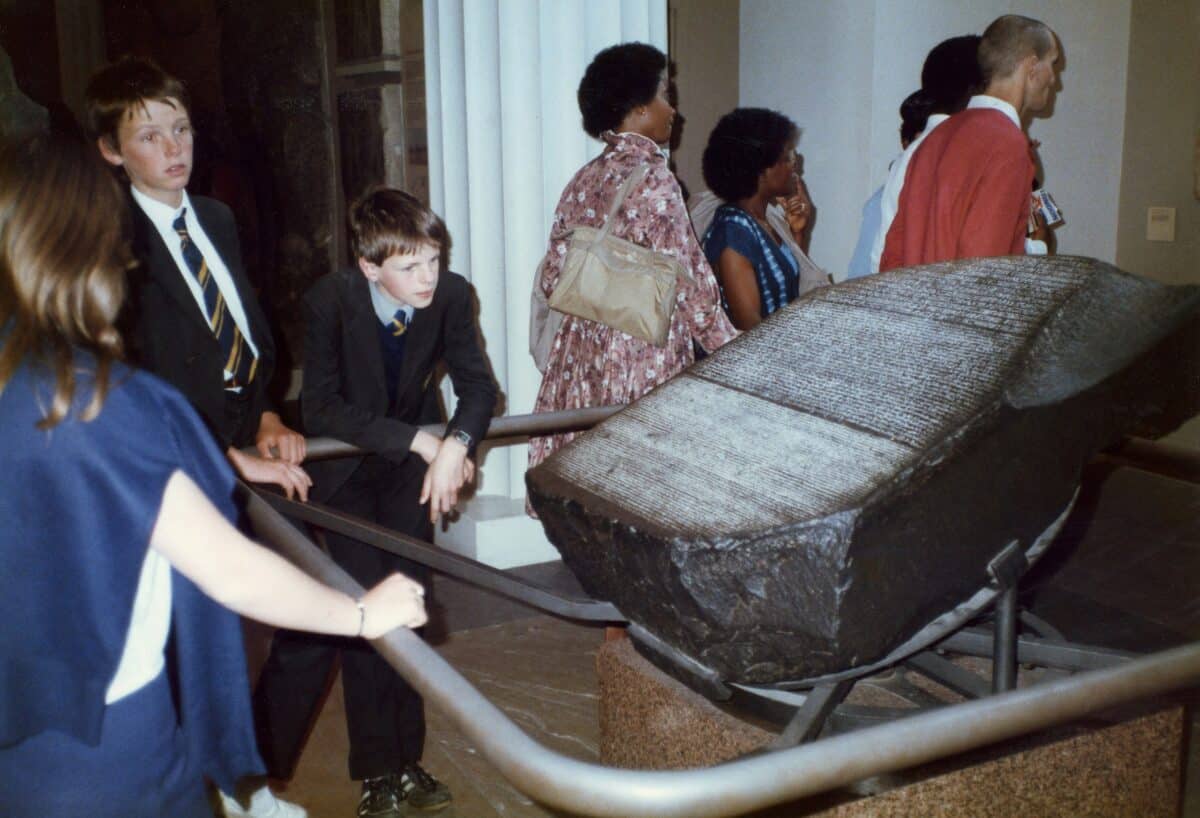
Conservation of Information: History of an Idea
Geology
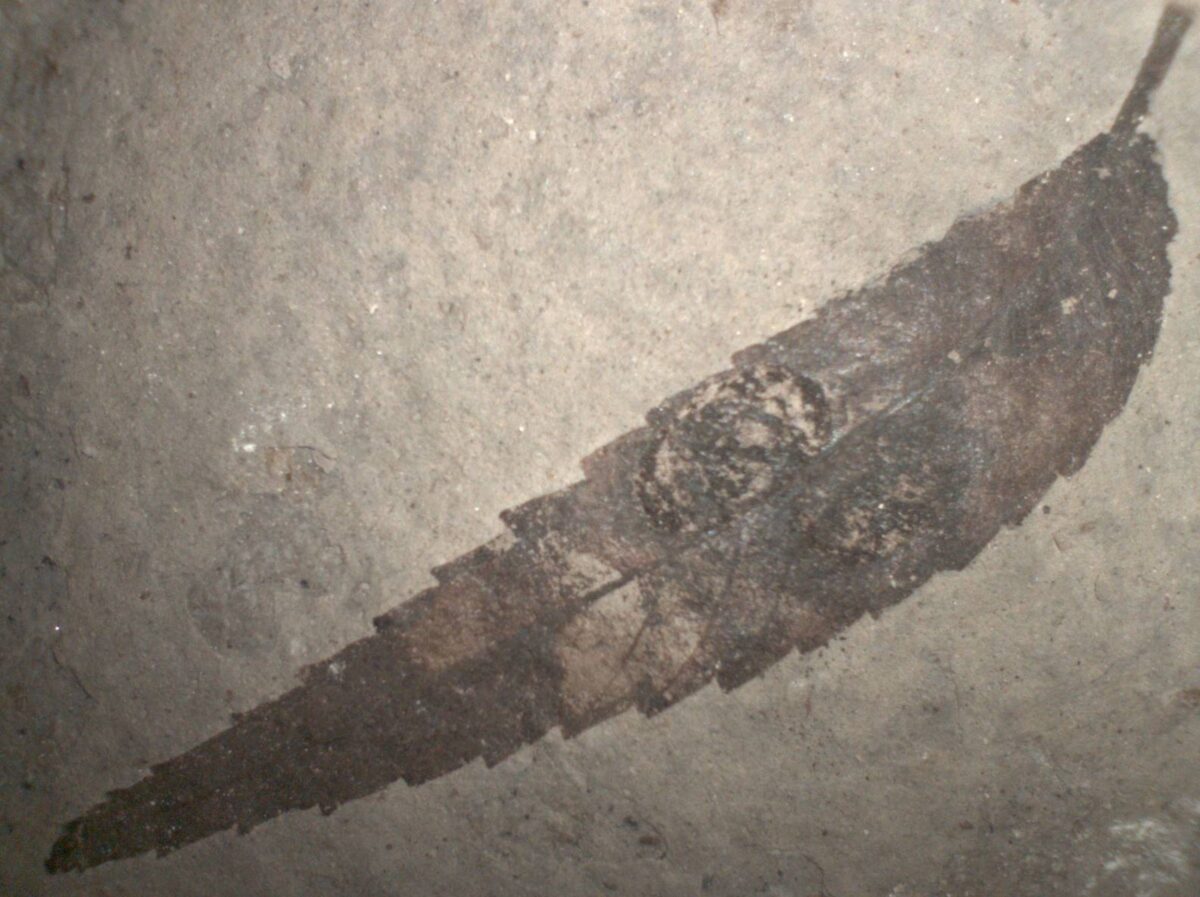
Plate Tectonics and Scientific Discovery
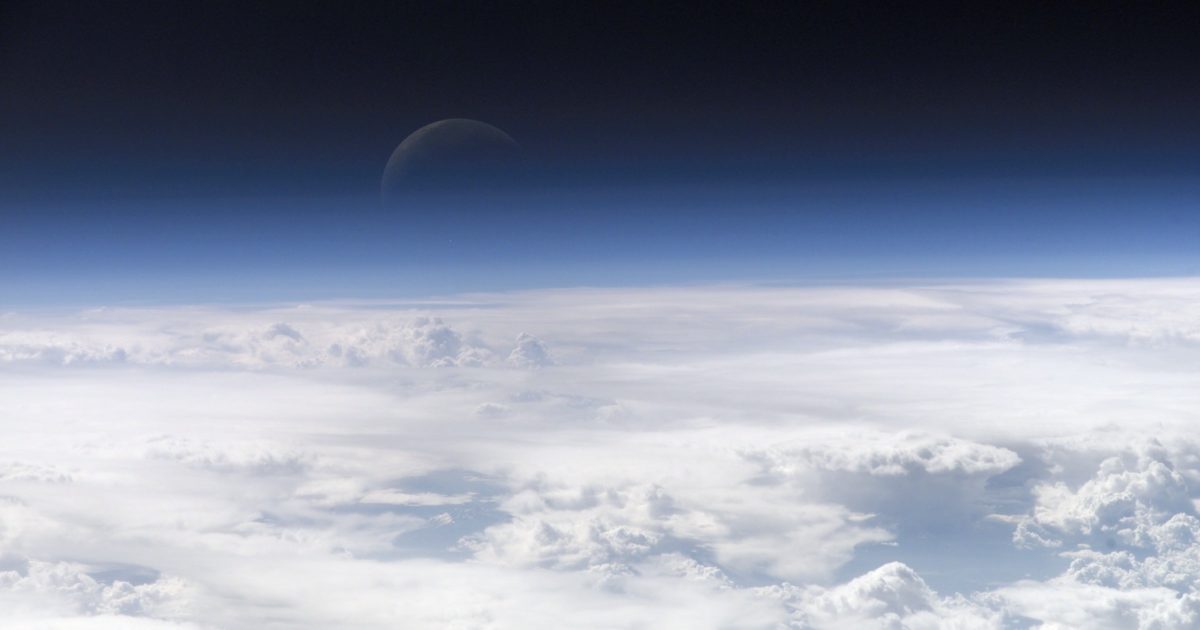
Luskin: Our Intelligently Designed Planet
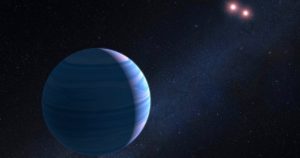
Biominerals Could Predict Life on Exoplanets
Life Sciences
Life Sciences

Fireweed: An Example of Intelligent Latent Design

Biological Information in Static Electricity
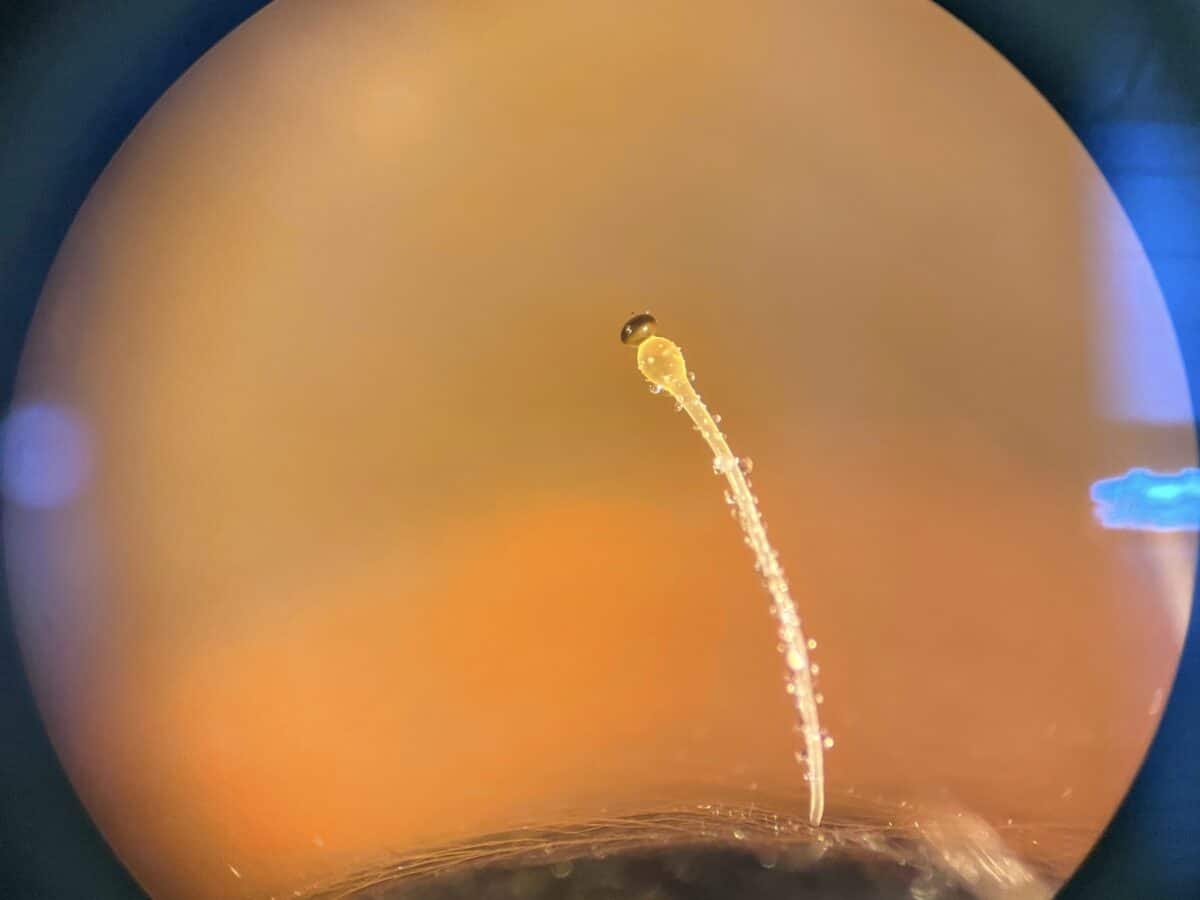
Plant Missile Technology: A Peek in the Armory
Neuroscience
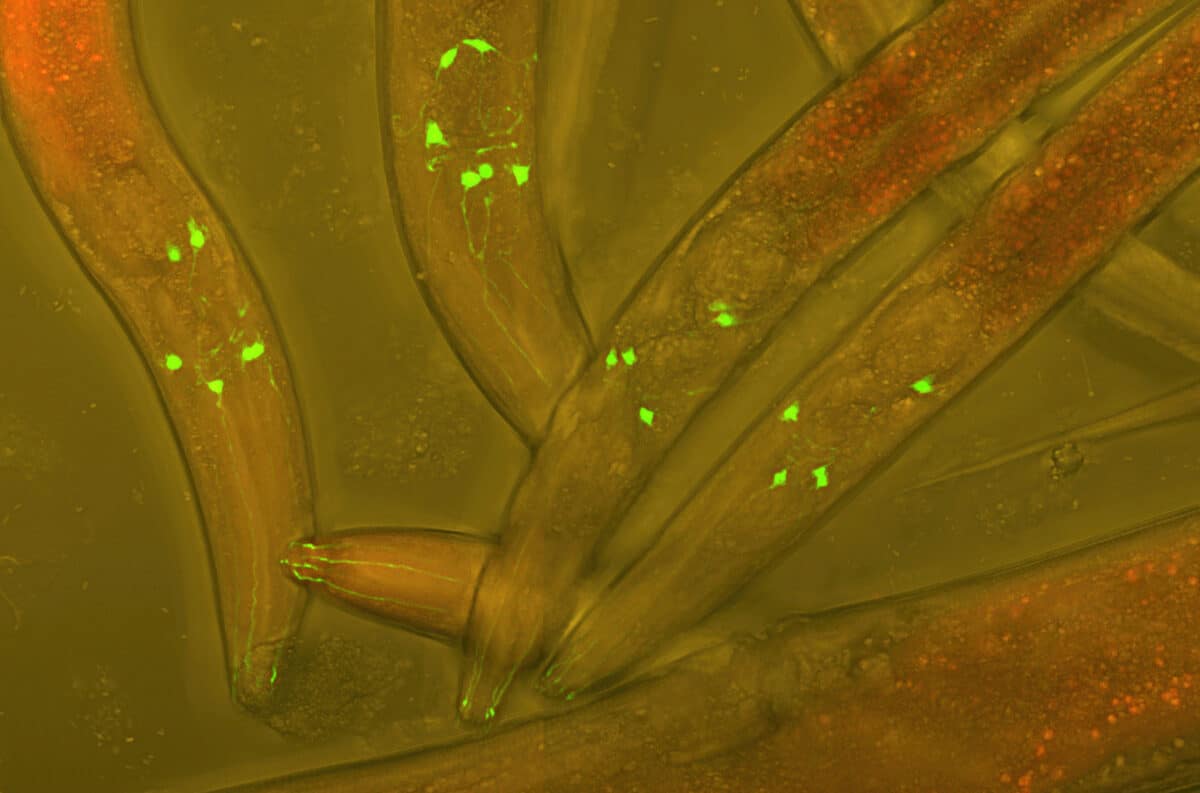
The Tiniest Brain Is Not Simple
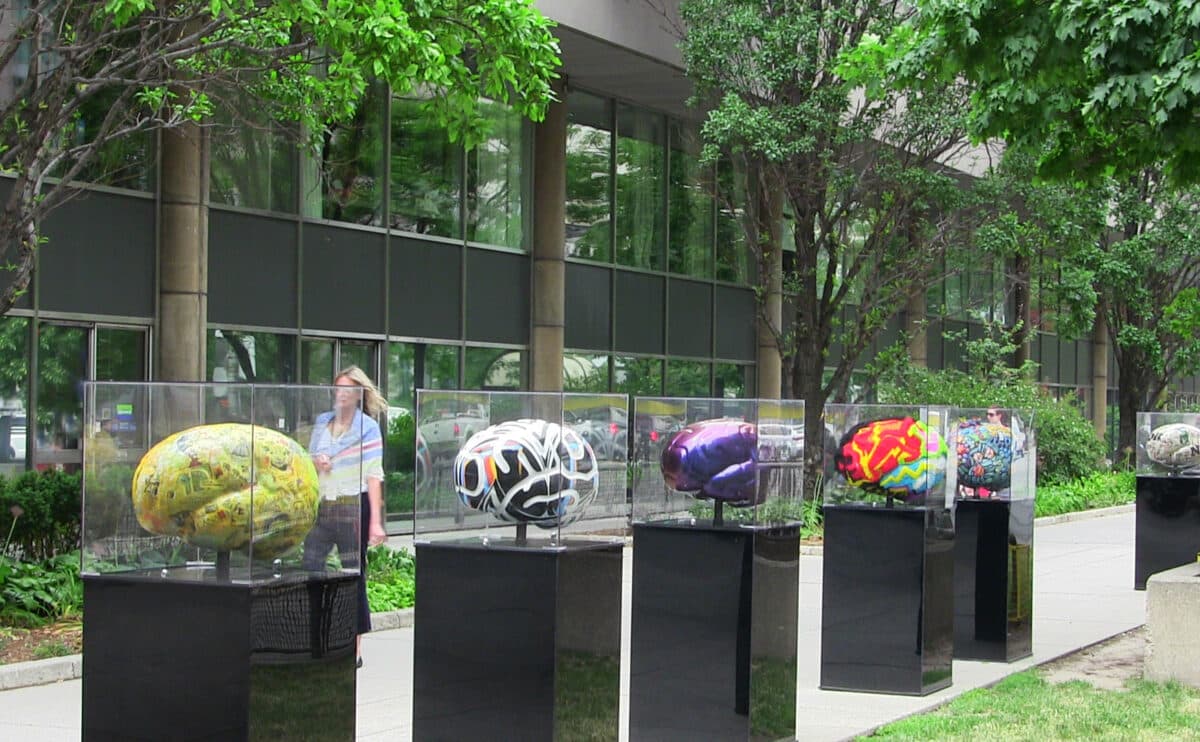
Consciousness... In All the Wrong Places

Did Evolution Give Us Free Will? (Continued)
Medicine

Killing for Organs — Who Could Possibly Object?

Organ-Procurement Goofs Threaten Trust
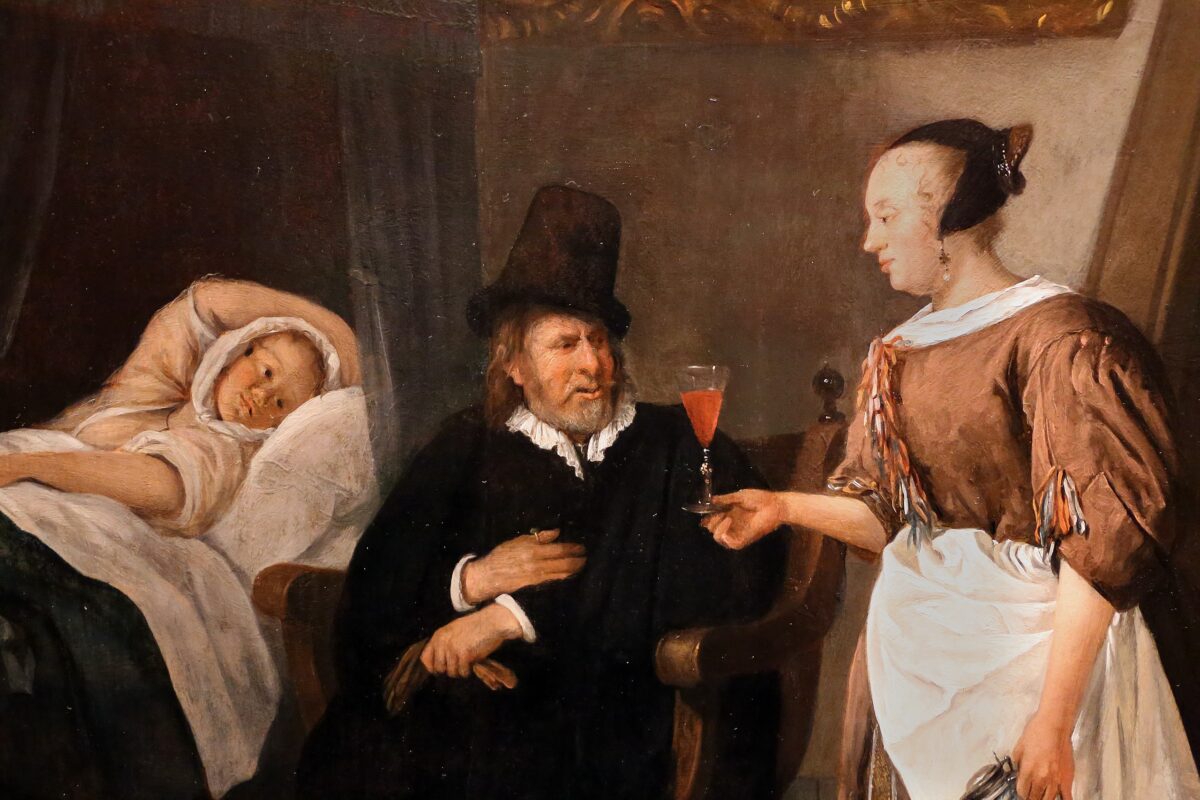
Finding Purpose in Medicine and Science
Biology
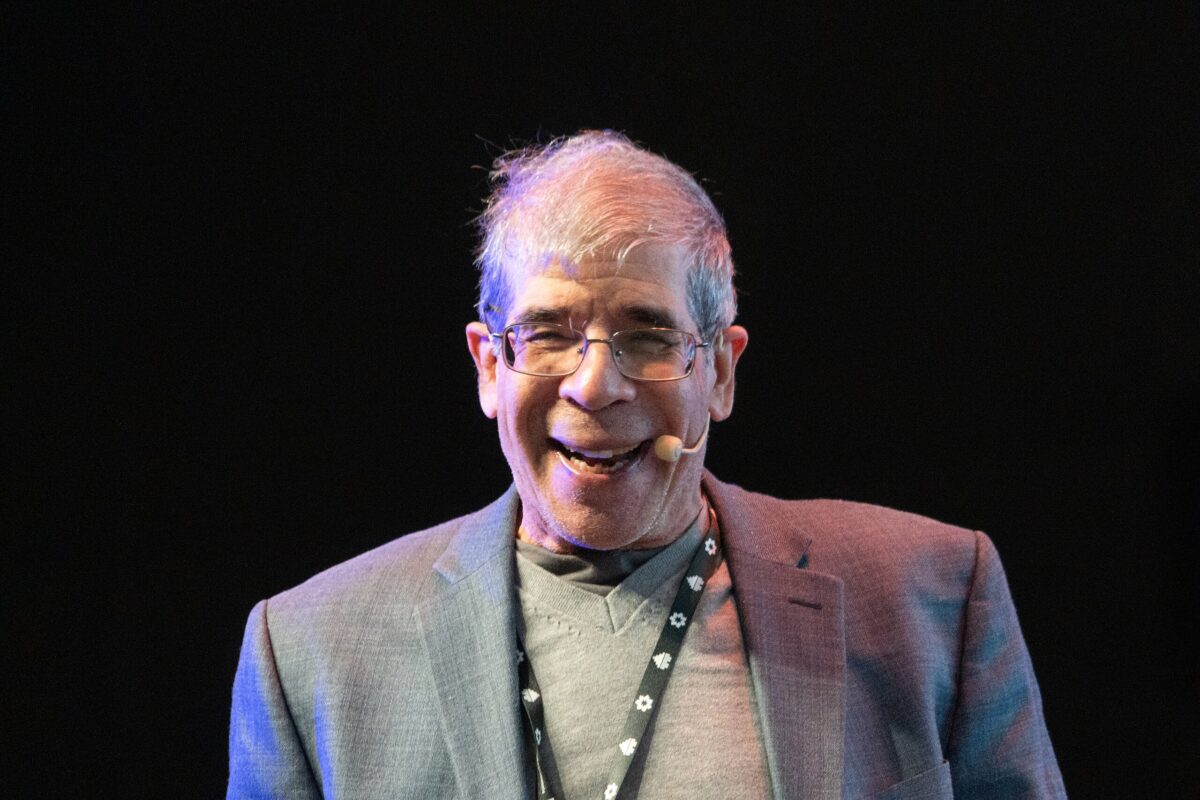
An Evolutionist Decries Private Truth
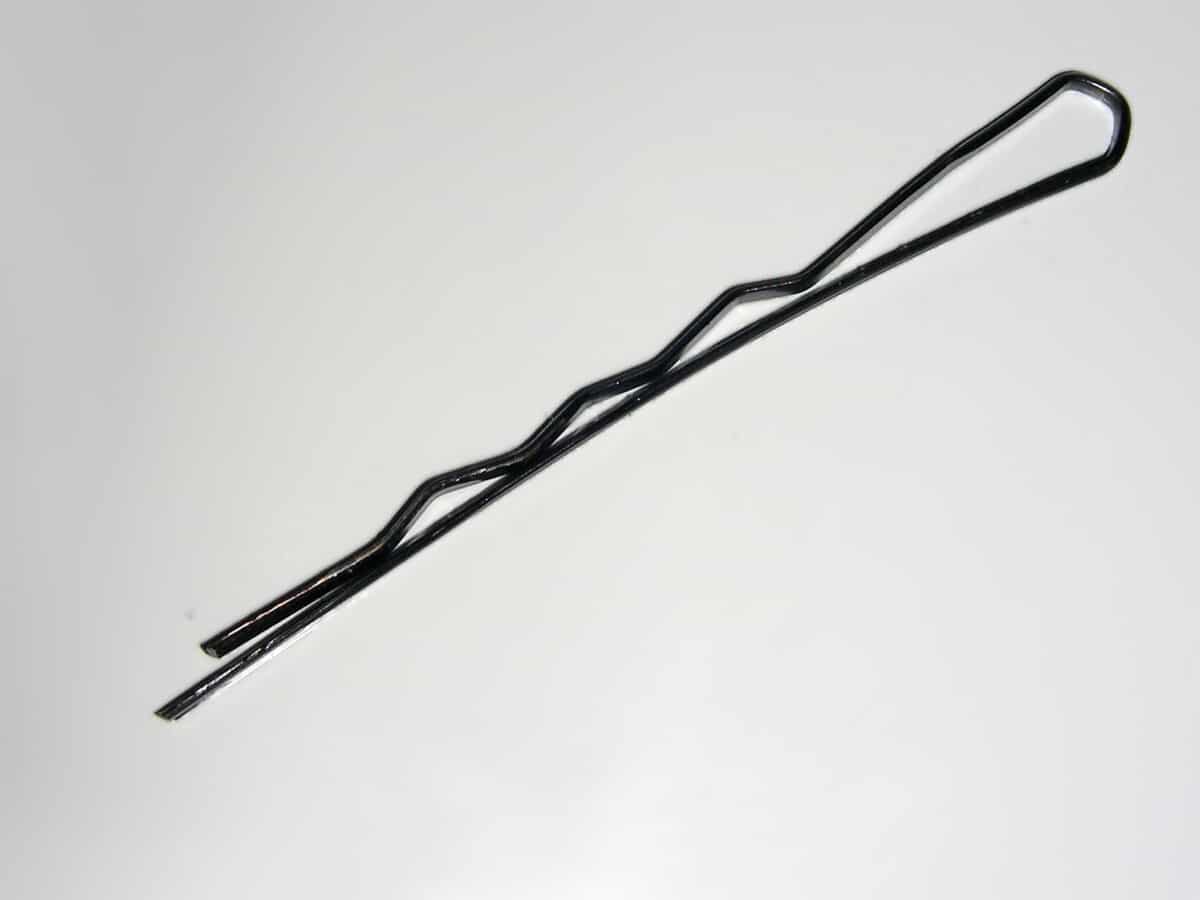
Cohesins, Condensins: Next-Generation Bobby Pins
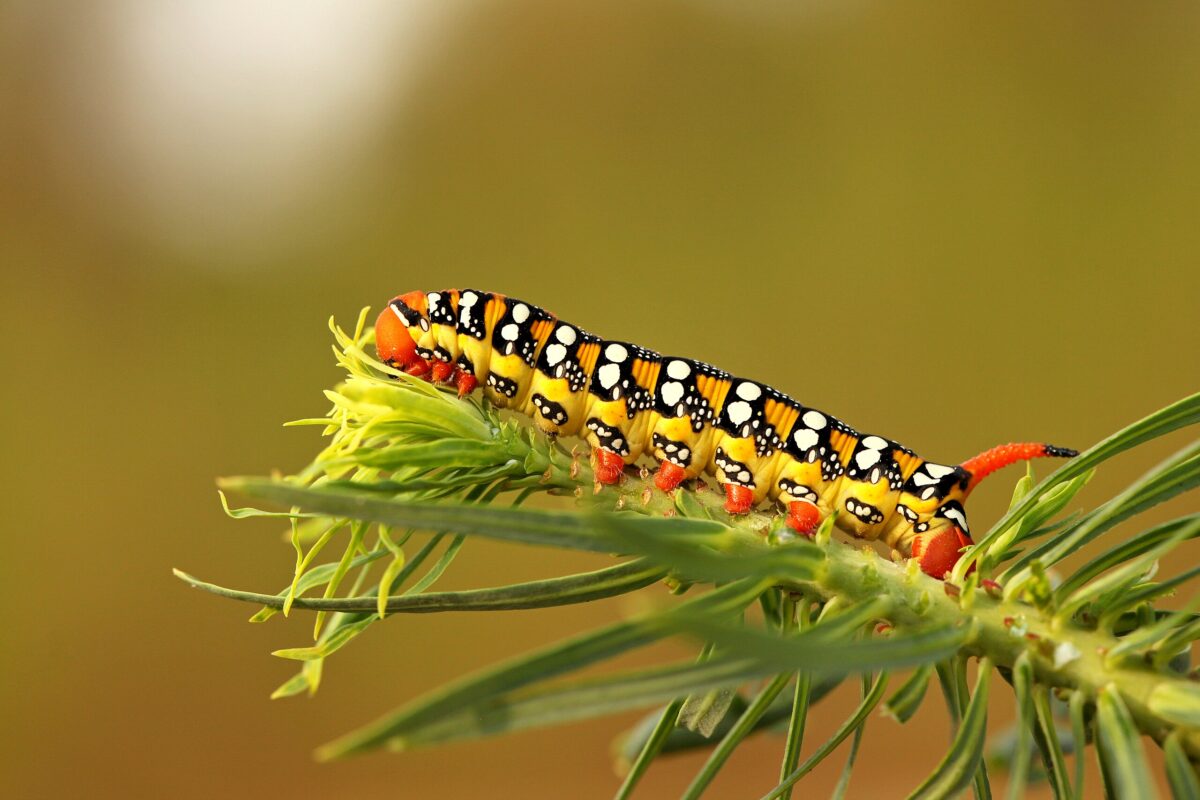
Information Processing as a Hallmark of Life
Physical Sciences
Physics
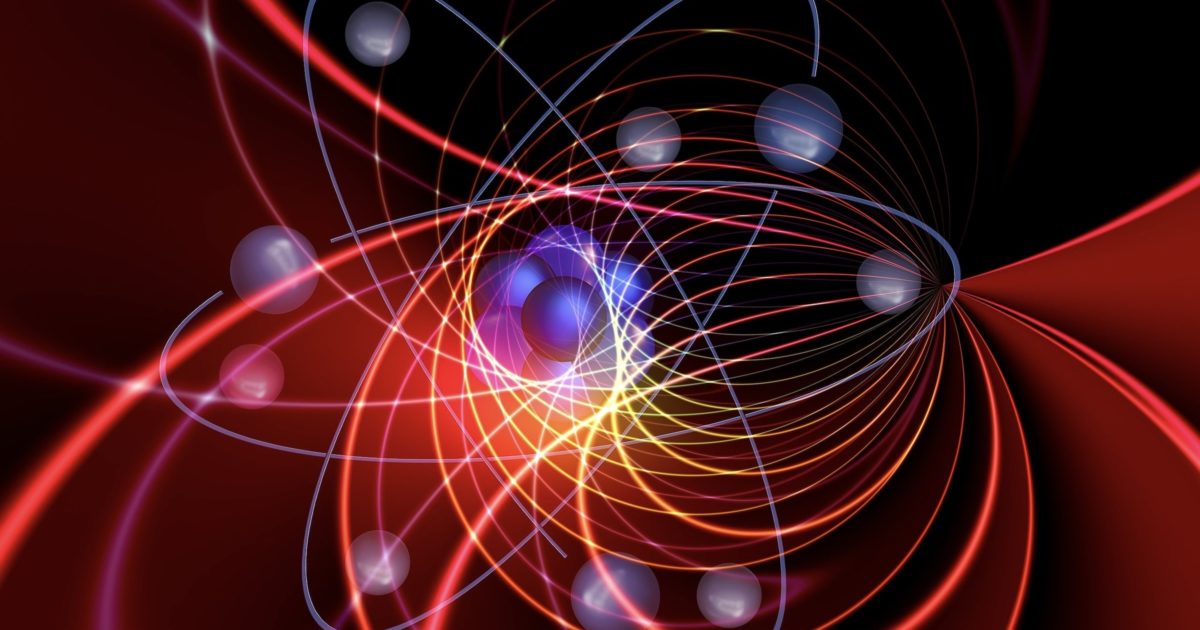
The Flakiness and Groupthink that Plague Physics

What (If Anything) Physics Says About Consciousnes
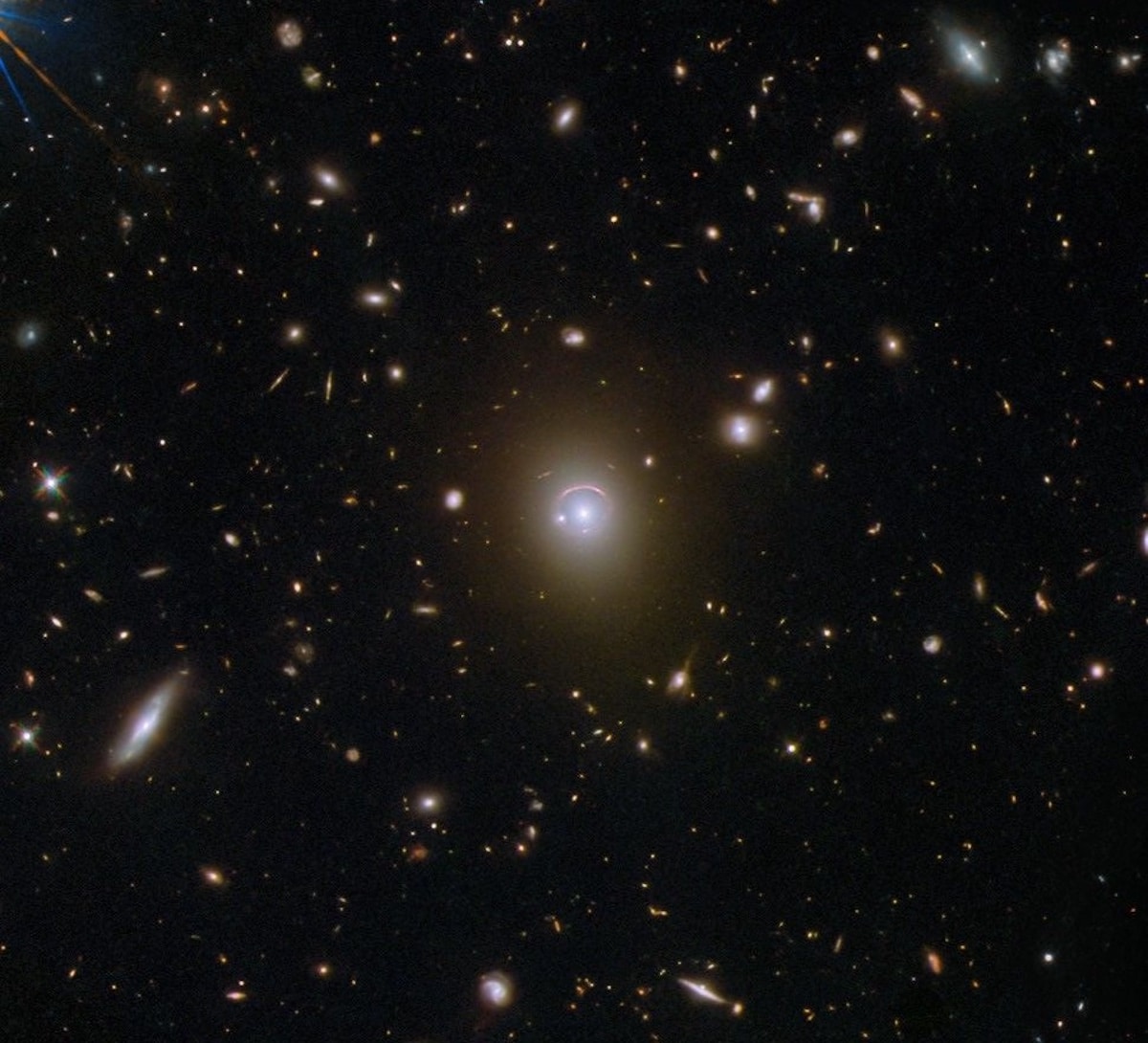
A “Quantum Miracle” that Leads to Life
Chemistry
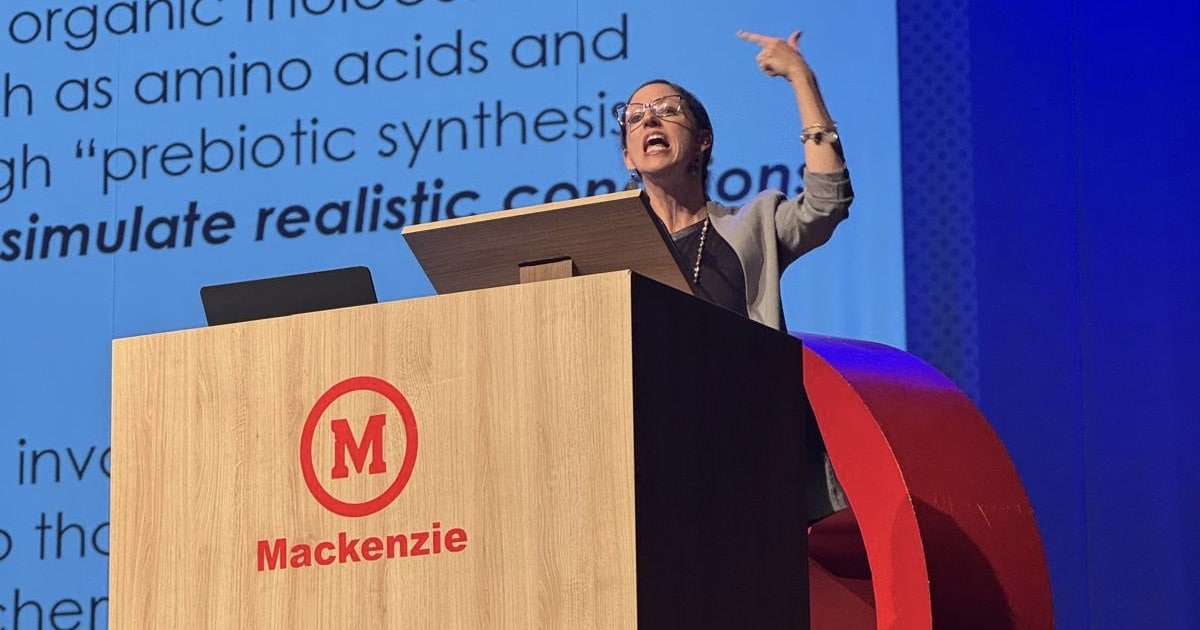
Postcard from São Paulo
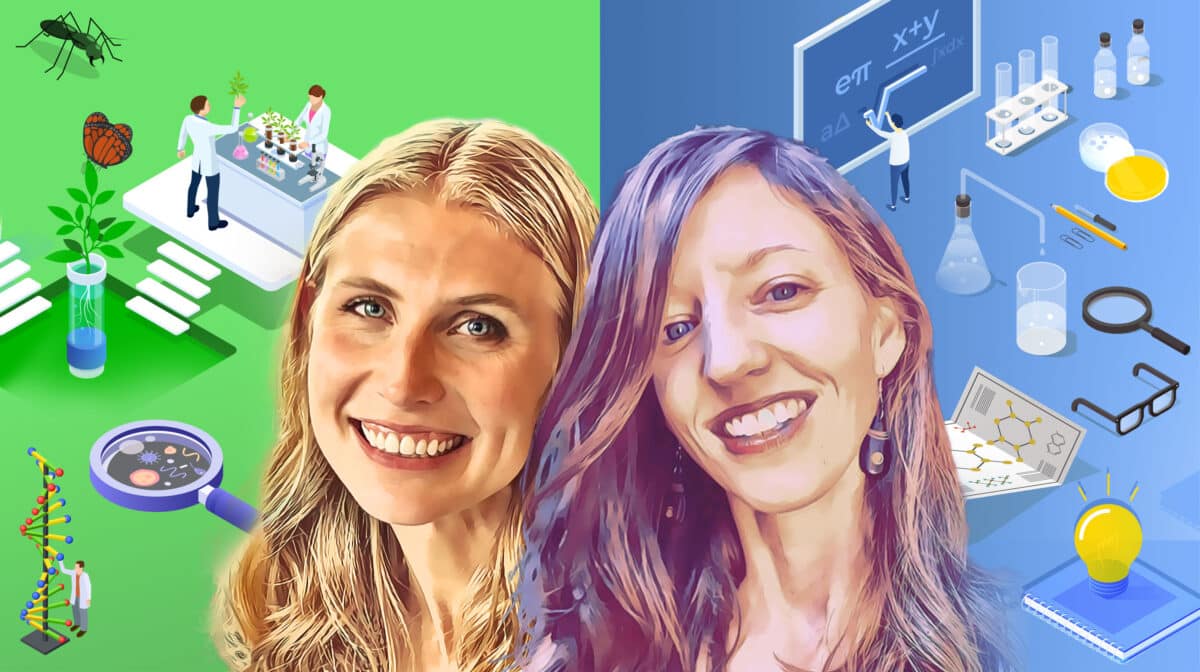
Homeschool High‑School Science Courses
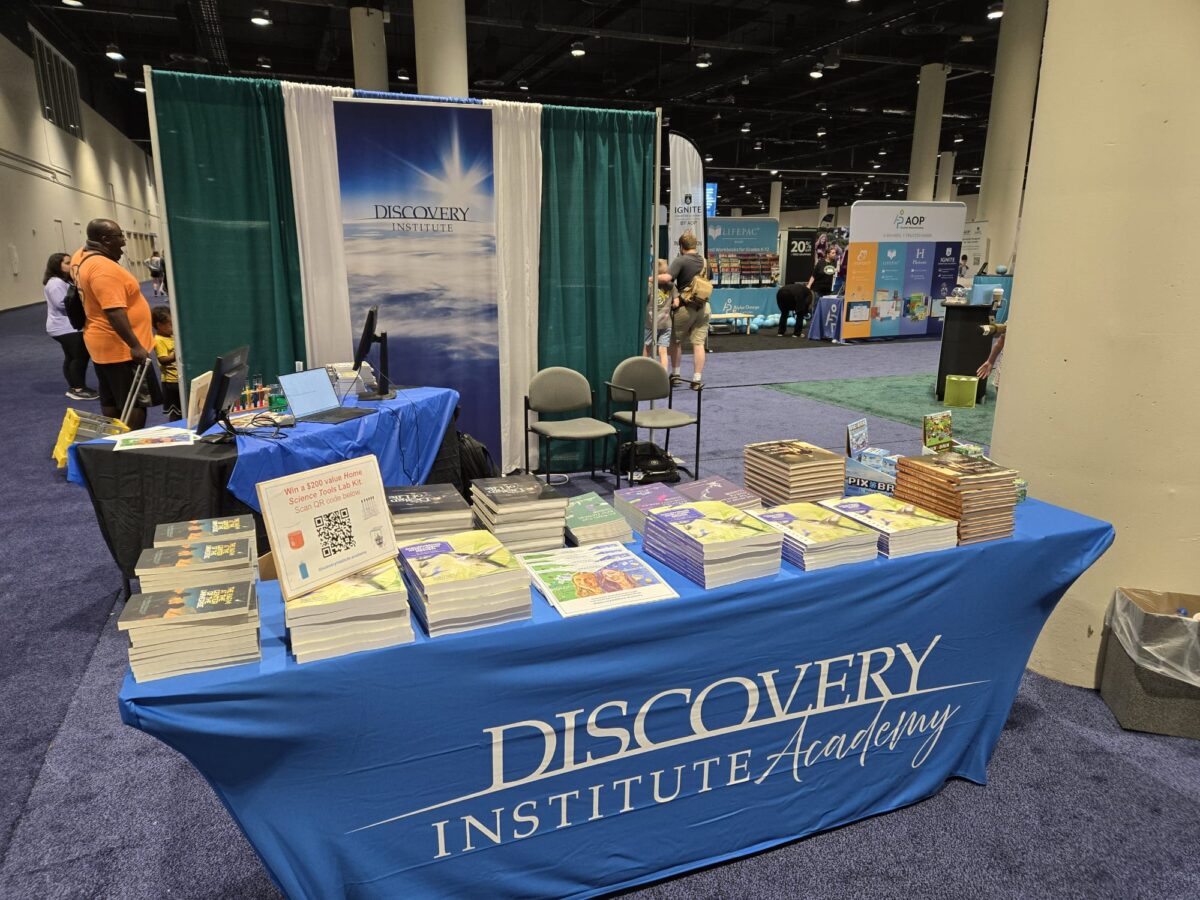
DI Academy “Meet the Teachers” Zoom
Astronomy
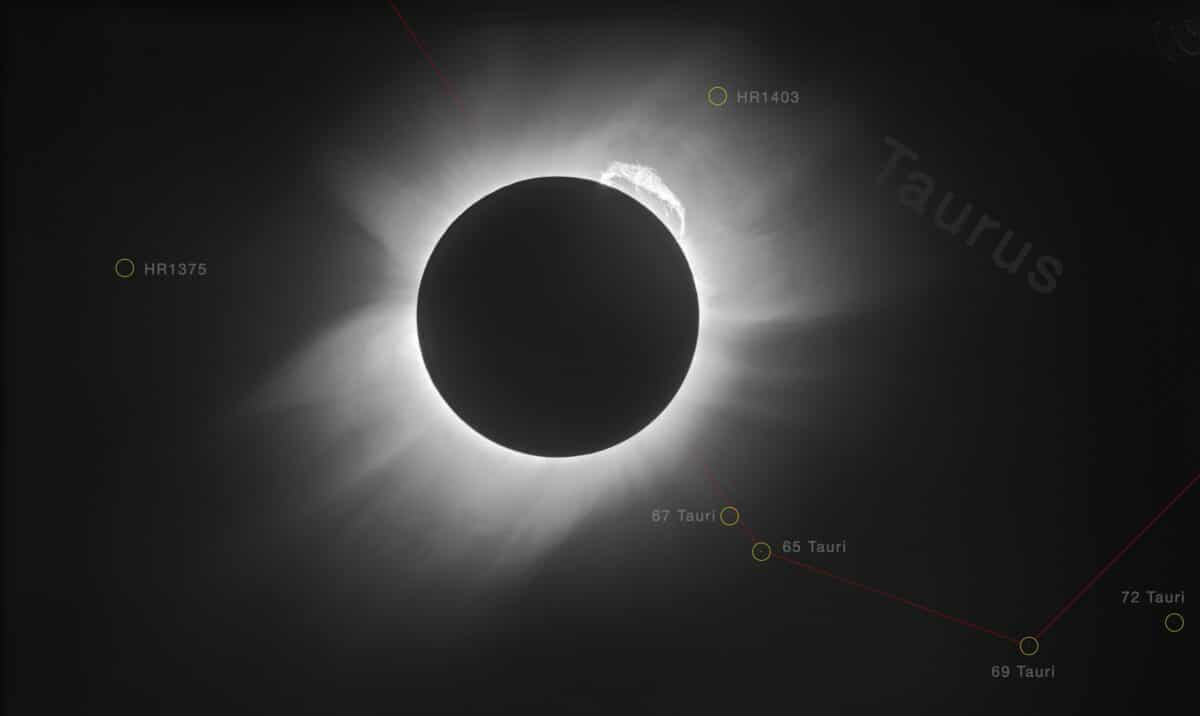
An Icon of Intelligent Design
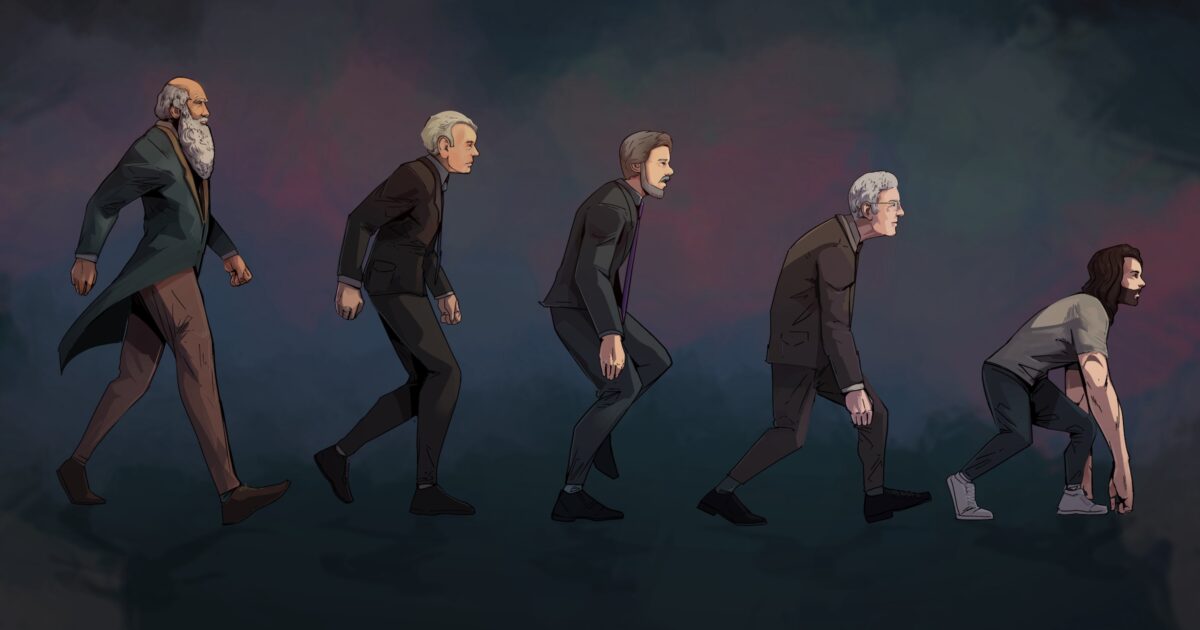
Dave Farina Gives Avi Loeb the Hamas Treatment
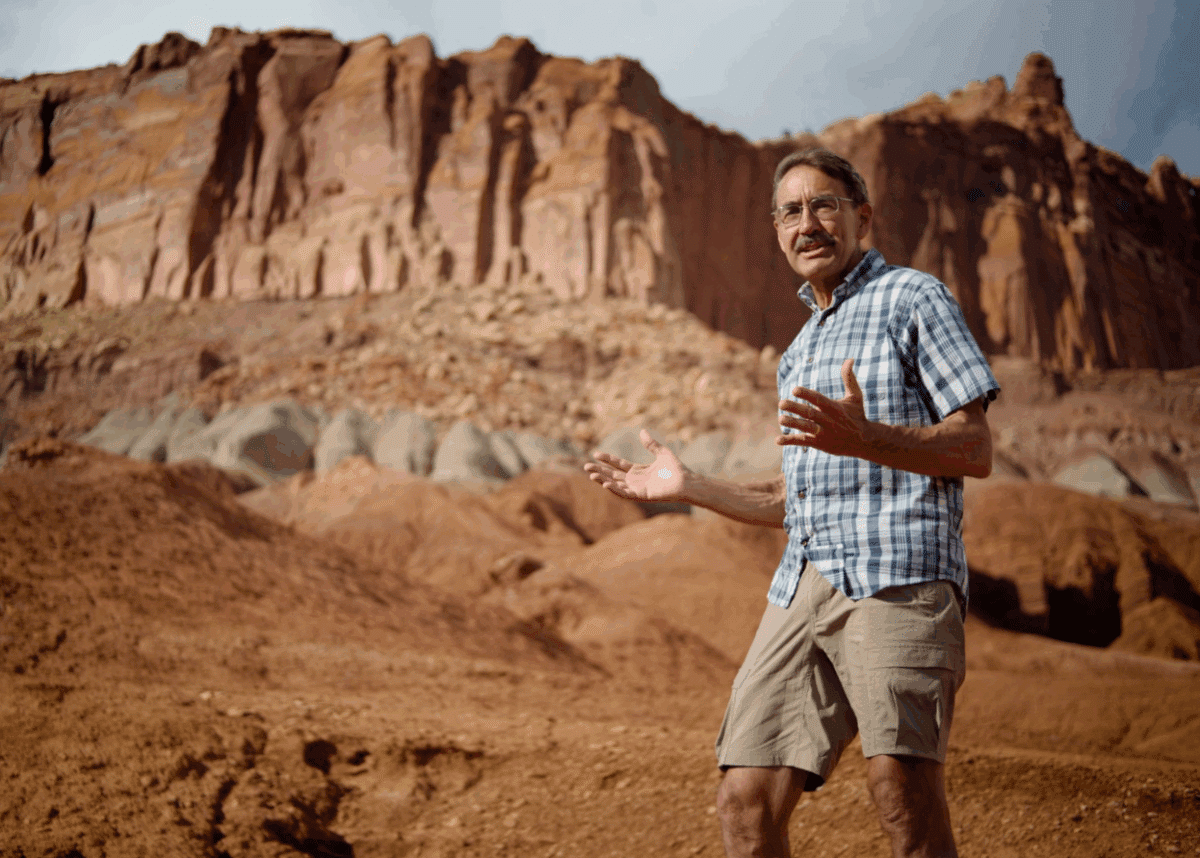
Reflections on Astronomy in Iconic National Parks
Fine-Tuning

Geometric Design in the Solar System

We Are Children of Light and Water
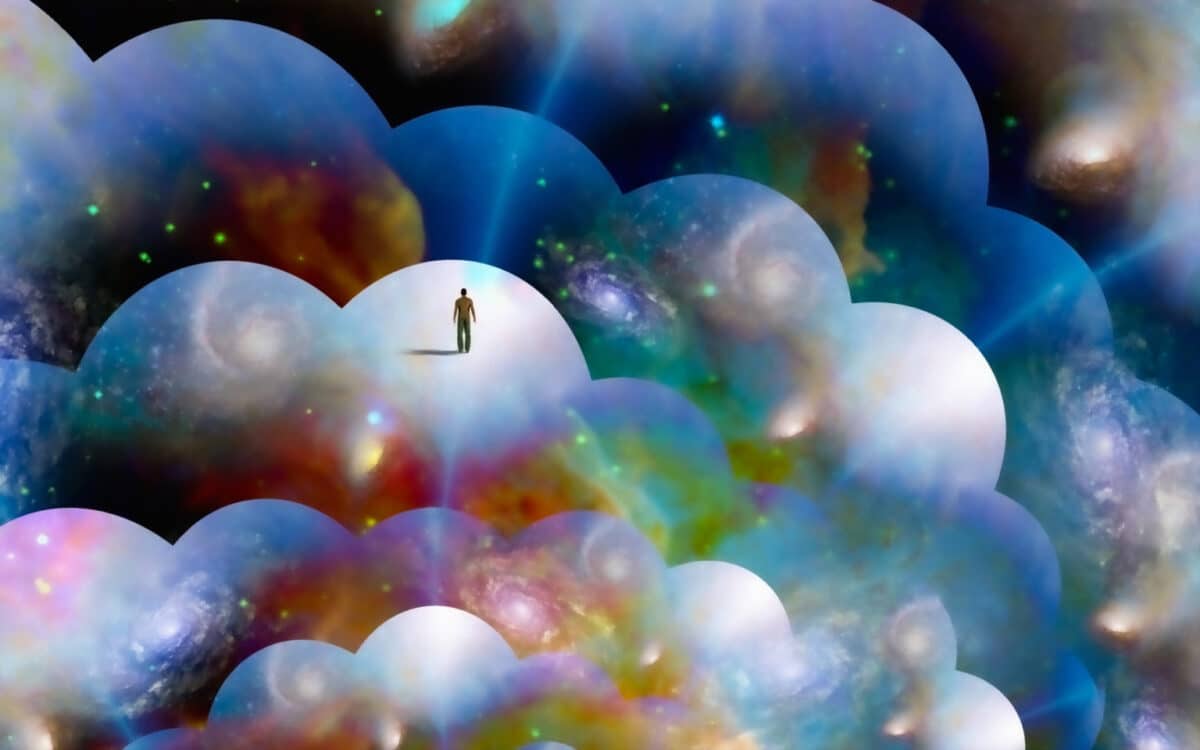
The "Nature of the Universe" Puzzles Physicists
Earth Sciences
Geophysics

Aurora Borealis: Scientific and Aesthetic Design
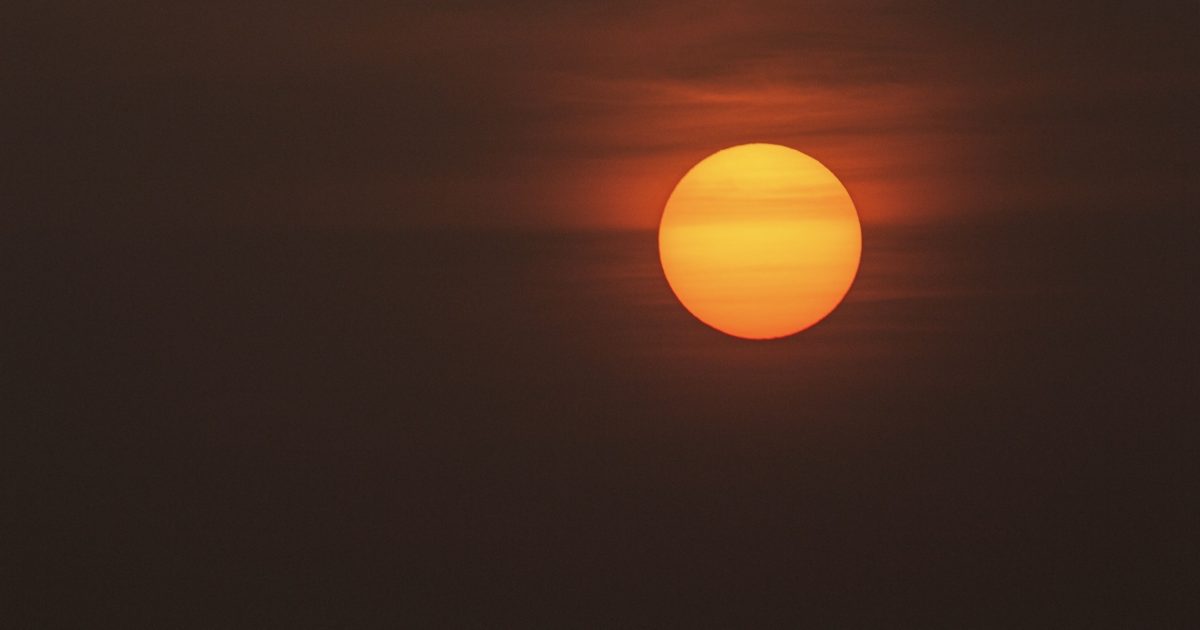
Geoengineering on an Intelligently Designed Planet

No Iron, No Life: Design in Iron Availability
Environment
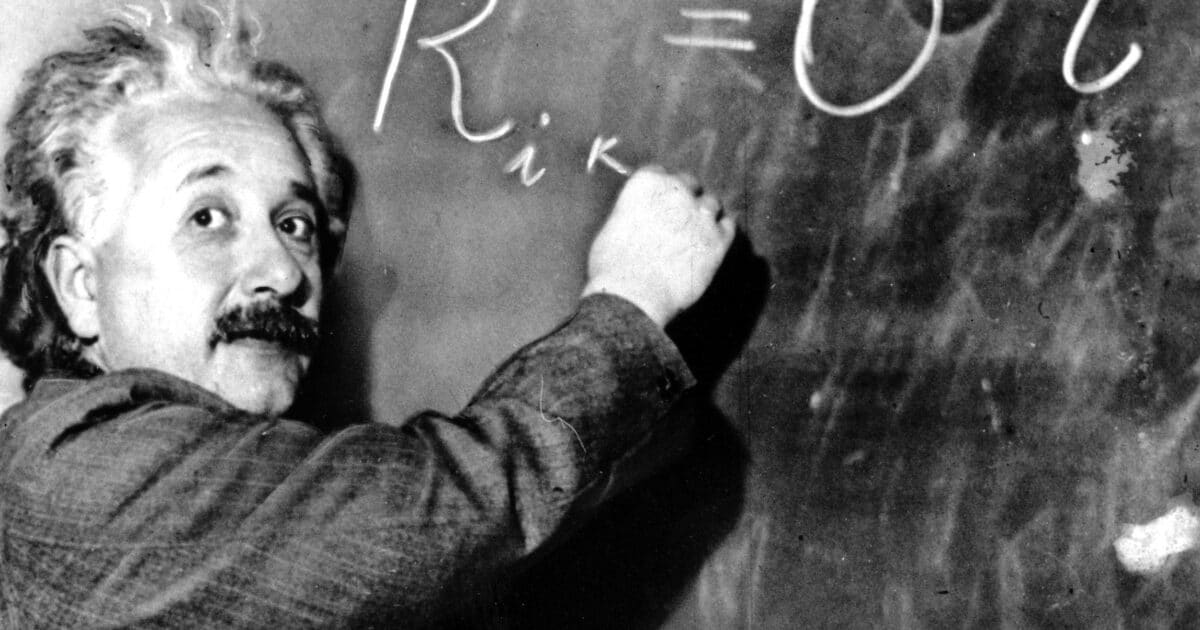
Even Scientists Starting to Doubt "Approved Views"
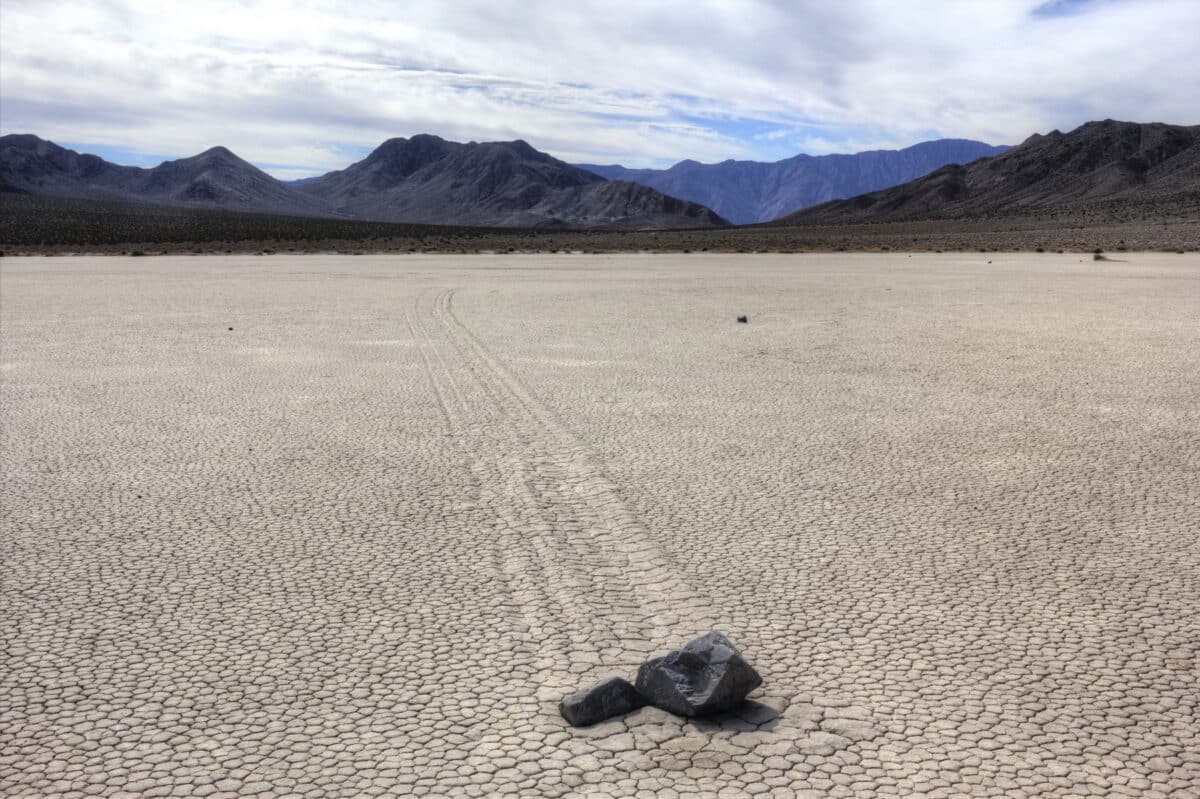
Is Geomimetics an Intelligent Design Science?
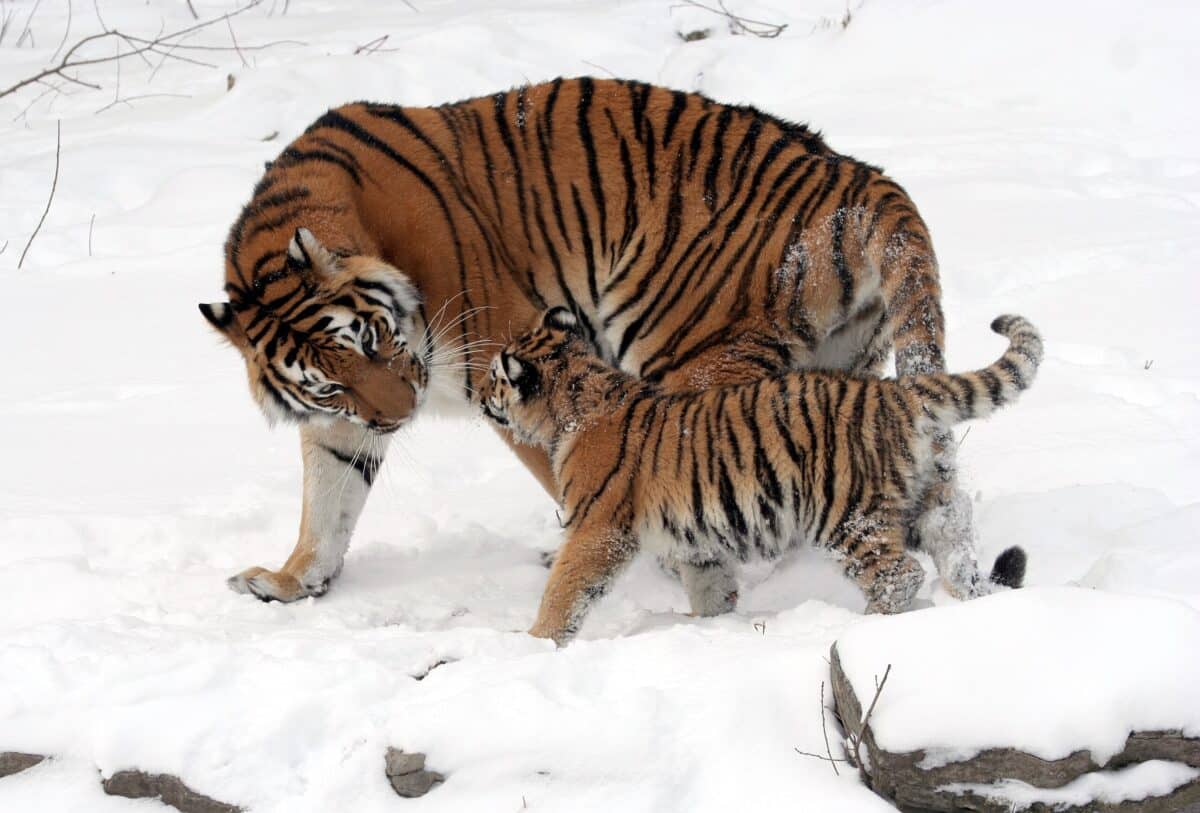
Only Bioethicists Can Save the Planet!
Rare Earth

Study: Geological Habitability Parameters
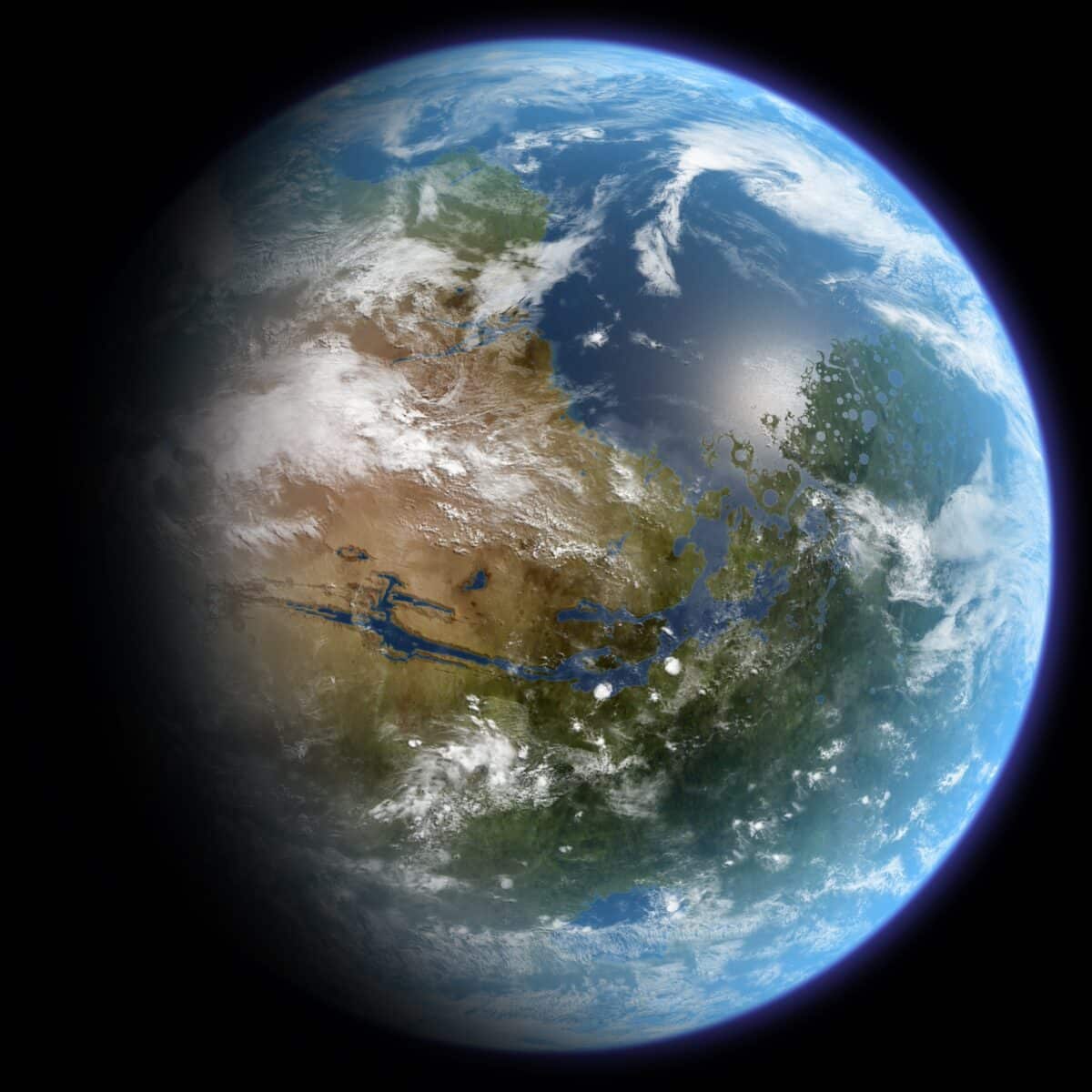
Earth and Mars — A Rare Gem and a Sharp Contrast
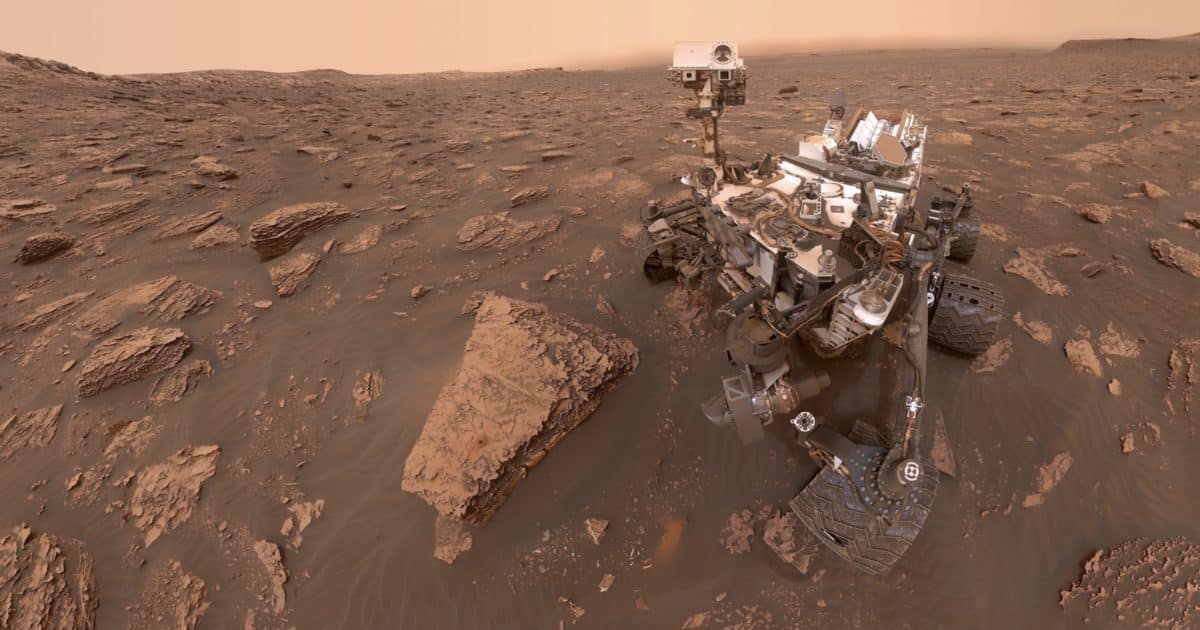
Rare Earth: How Vital Minerals "Evolve"
Planetology
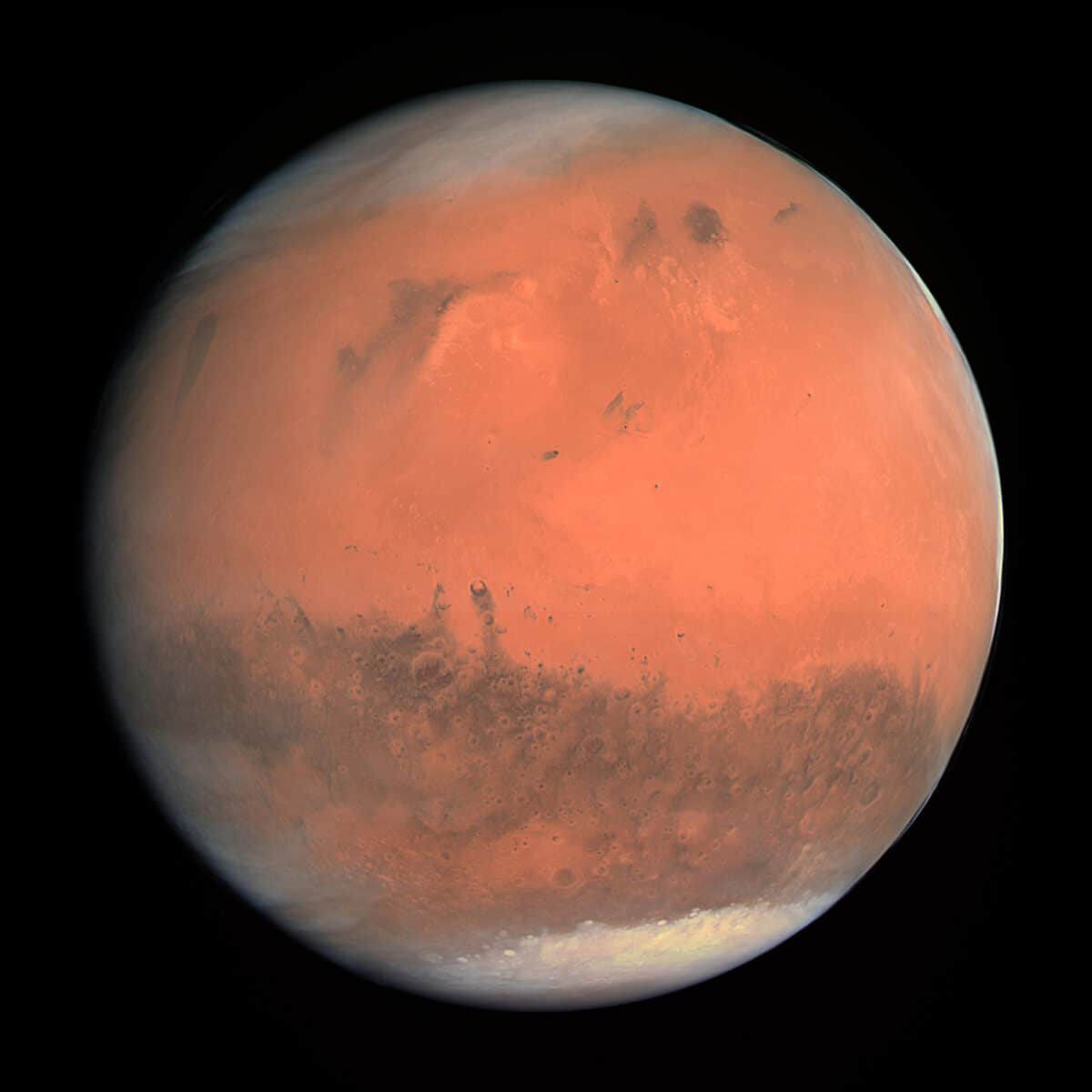
Hope for Mars Life Is Dashed Again

How NASA Might Change Soon
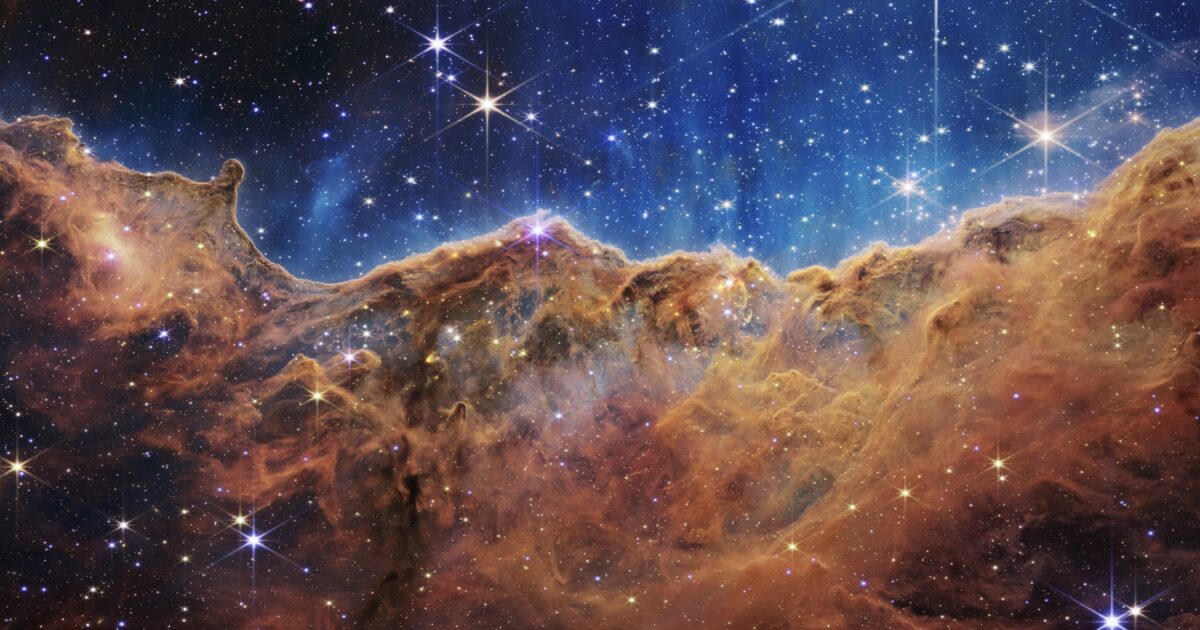
God and the Odds of ET
Culture
Human Exceptionalism
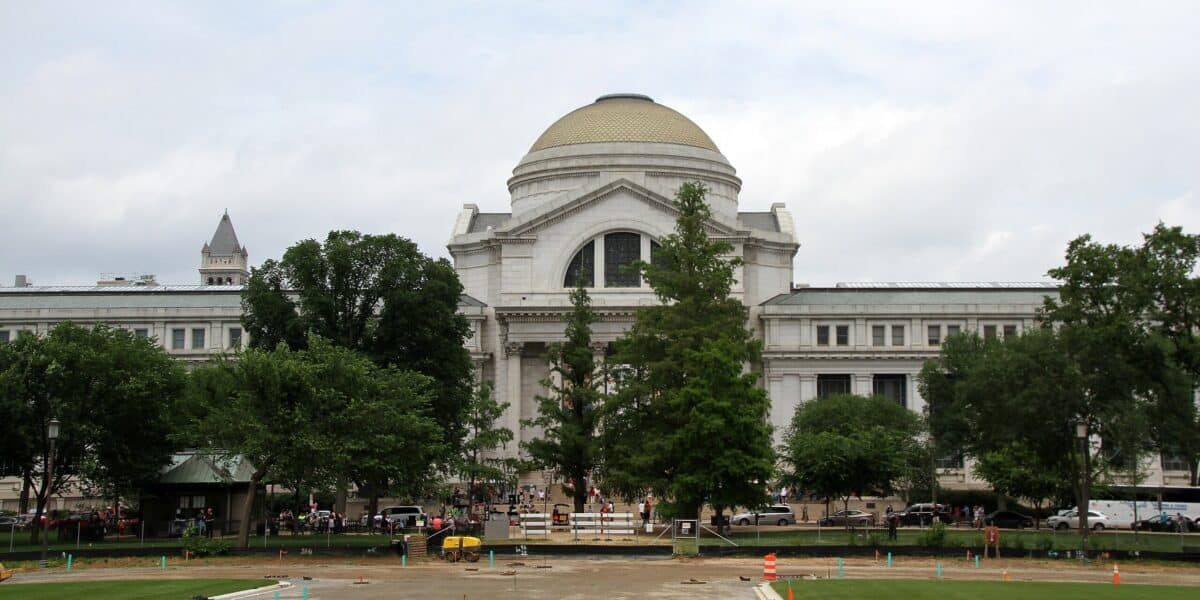
Smithsonian Denigrates the Human Race
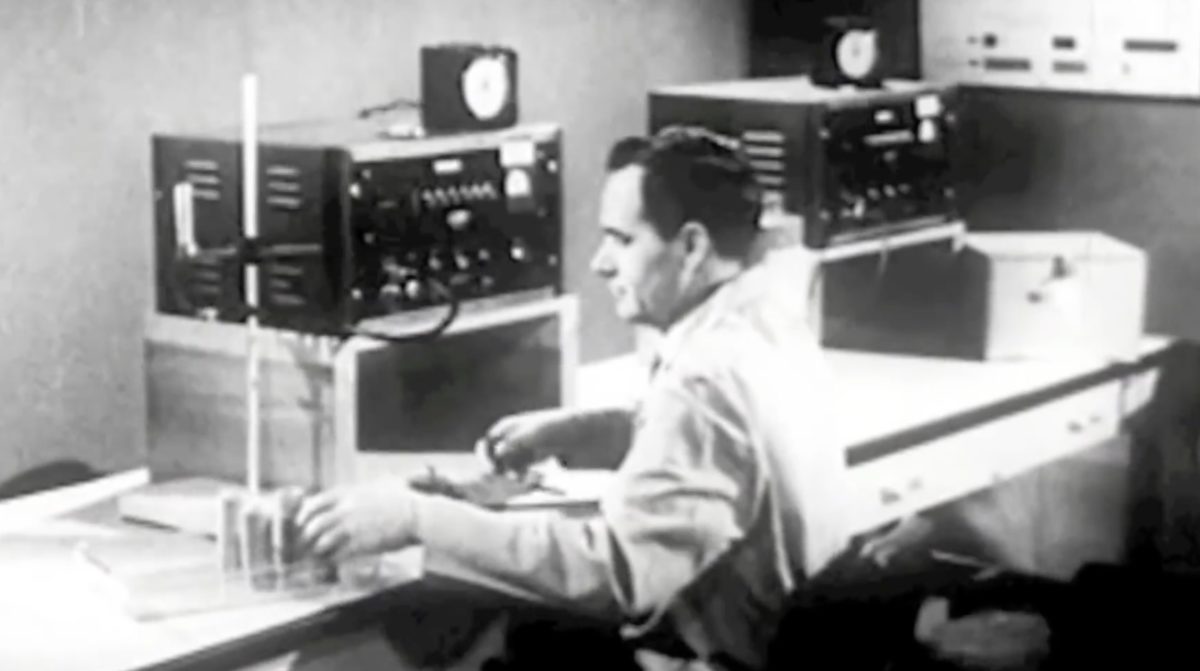
C. S. Lewis and the Advent of the Posthuman
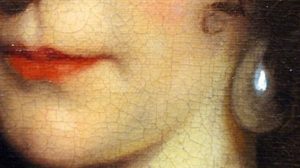
Oral Cavity’s “Lousy” Design Is Key to Speech
Arts

Toward a Post-Literate Culture?
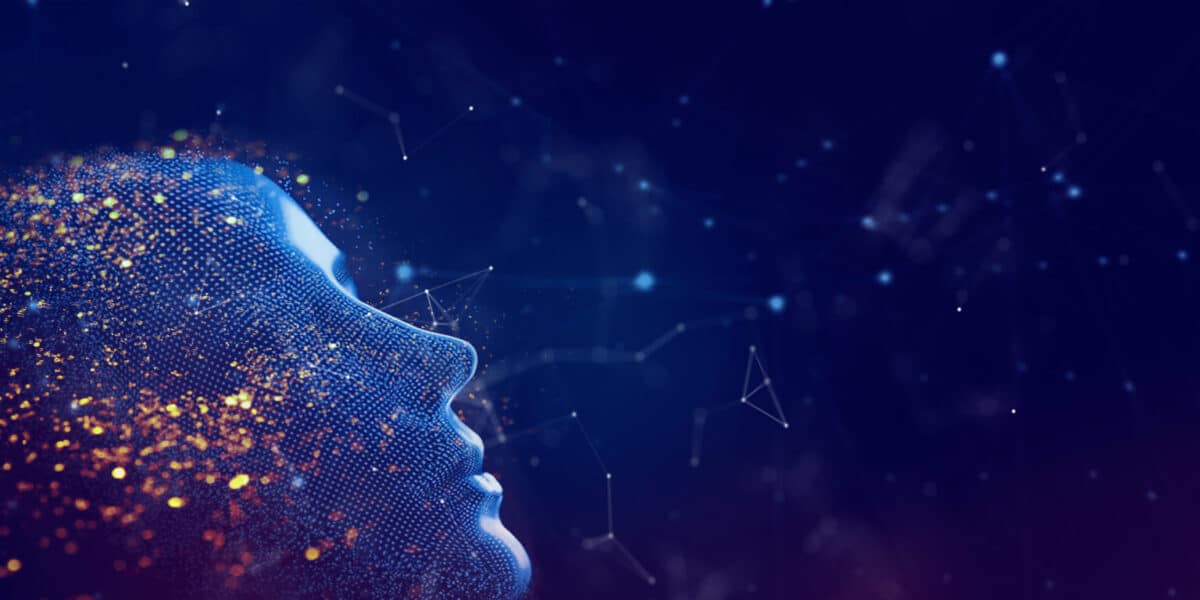
The “Music Model” of Consciousness
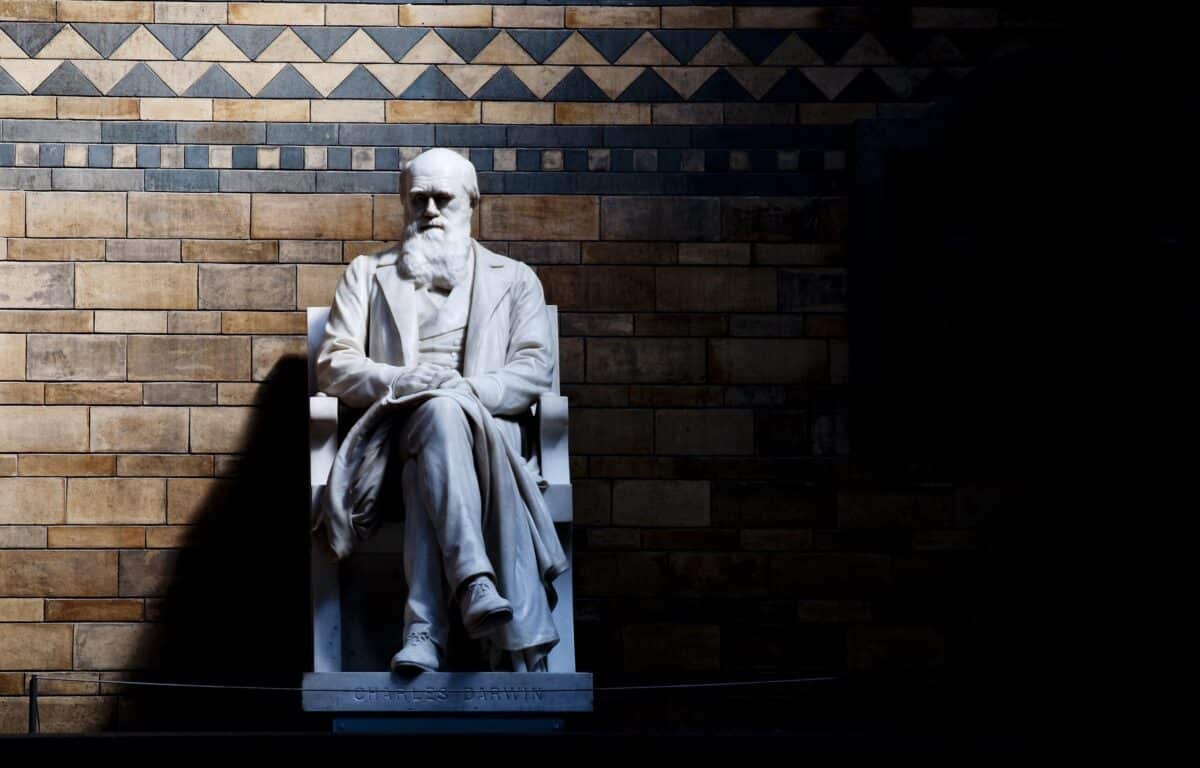
Fantastic Four and a Walk-On for Darwin
Ethics

Next: “Digital Twins” as a Matter of “Equity”?
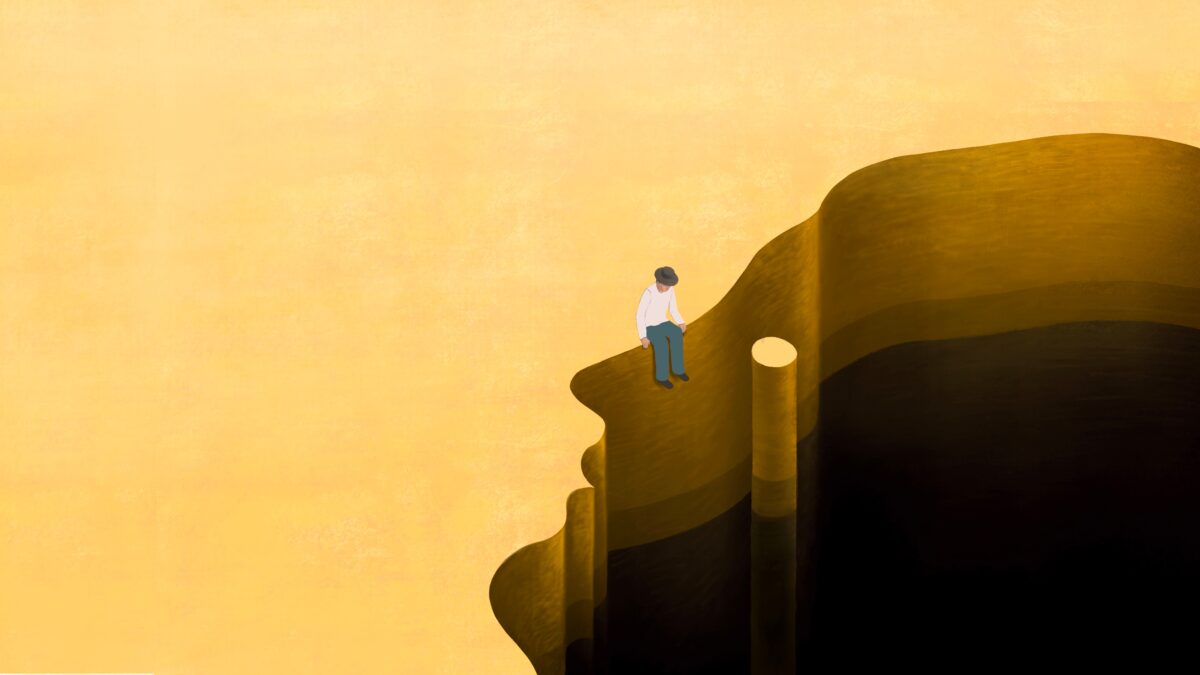
Conversation with Dr. Egnor: Are We Meat Machines?

Netherlands Already Allows Infanticide
Social Sciences

Toward a Post-Literate Culture?

Even Scientists Starting to Doubt "Approved Views"
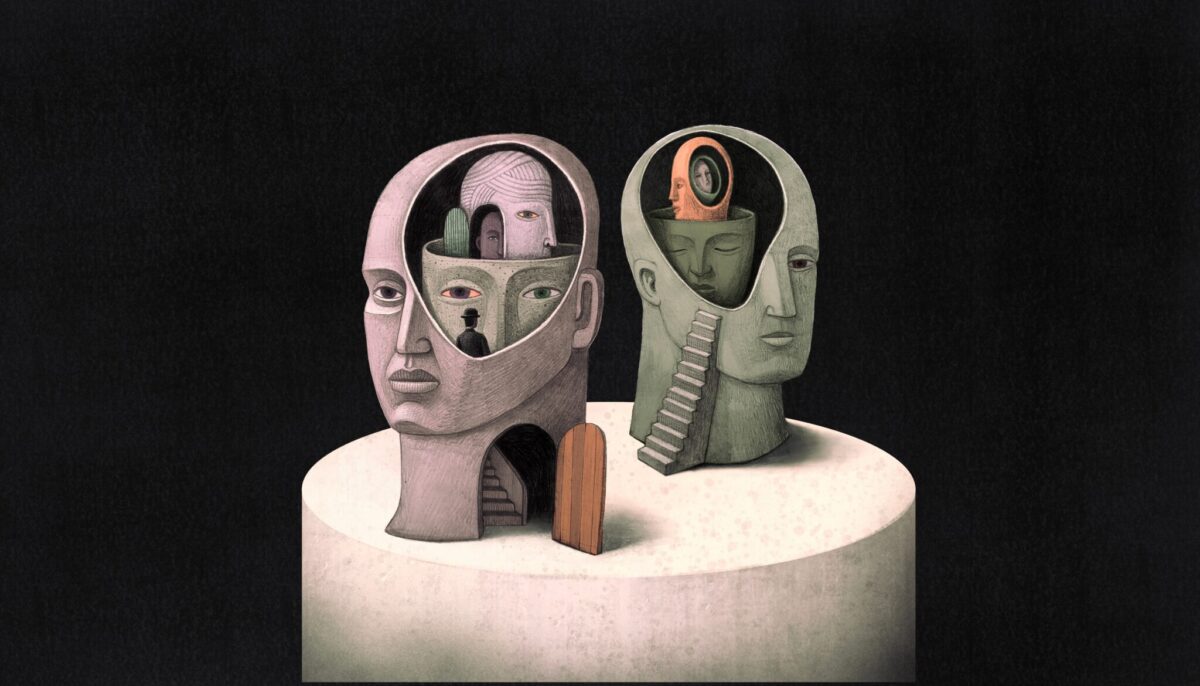
Reassessing Dennett on Consciousness as Illusion
Faith and Science

NDEs Fail to Confirm Any Single Belief System

What’s Bothering Augustine?

An Icon of Intelligent Design
Science Education

Homeschool High‑School Science Courses

DI Academy “Meet the Teachers” Zoom

HS Biology and Chemistry with ID Integration
Scientific Freedom
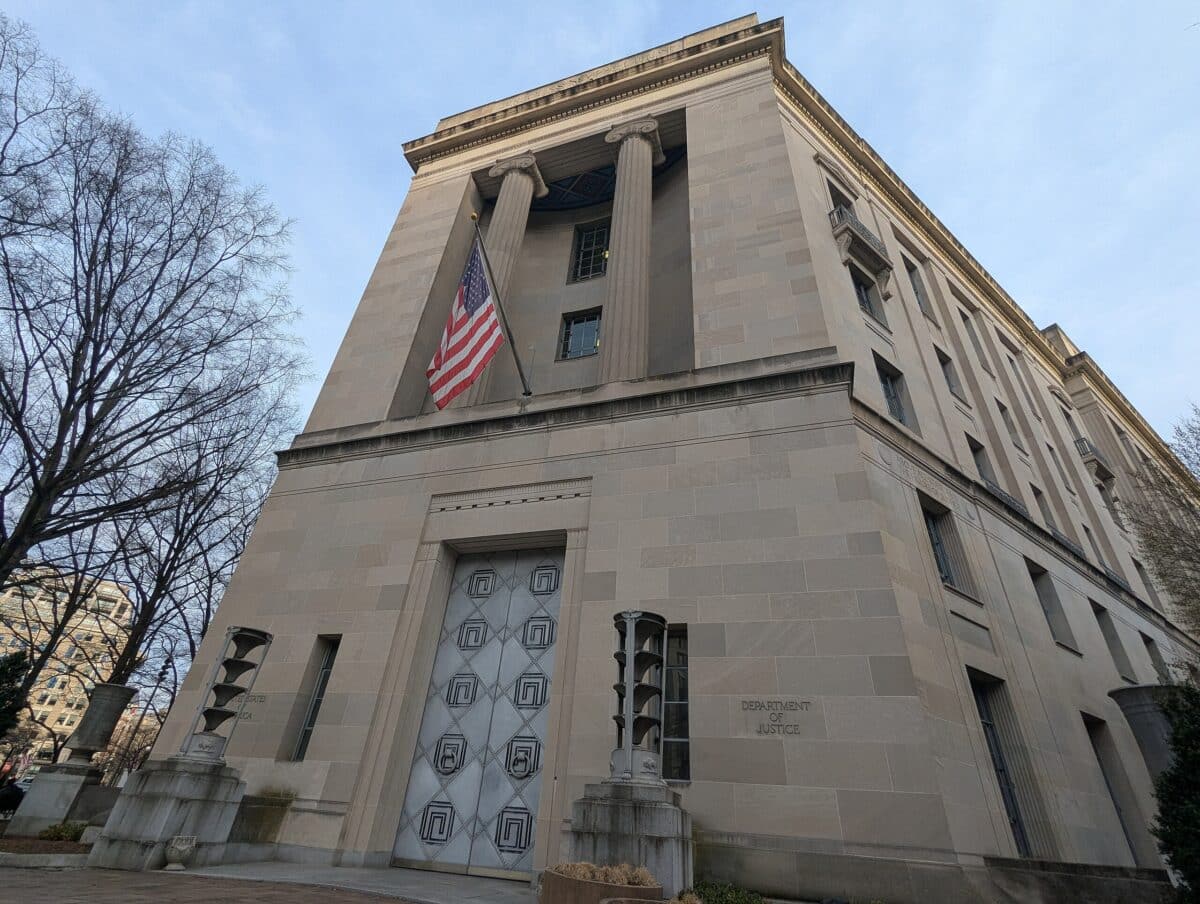
The Wrong Tool to Fix Woke Science Journals
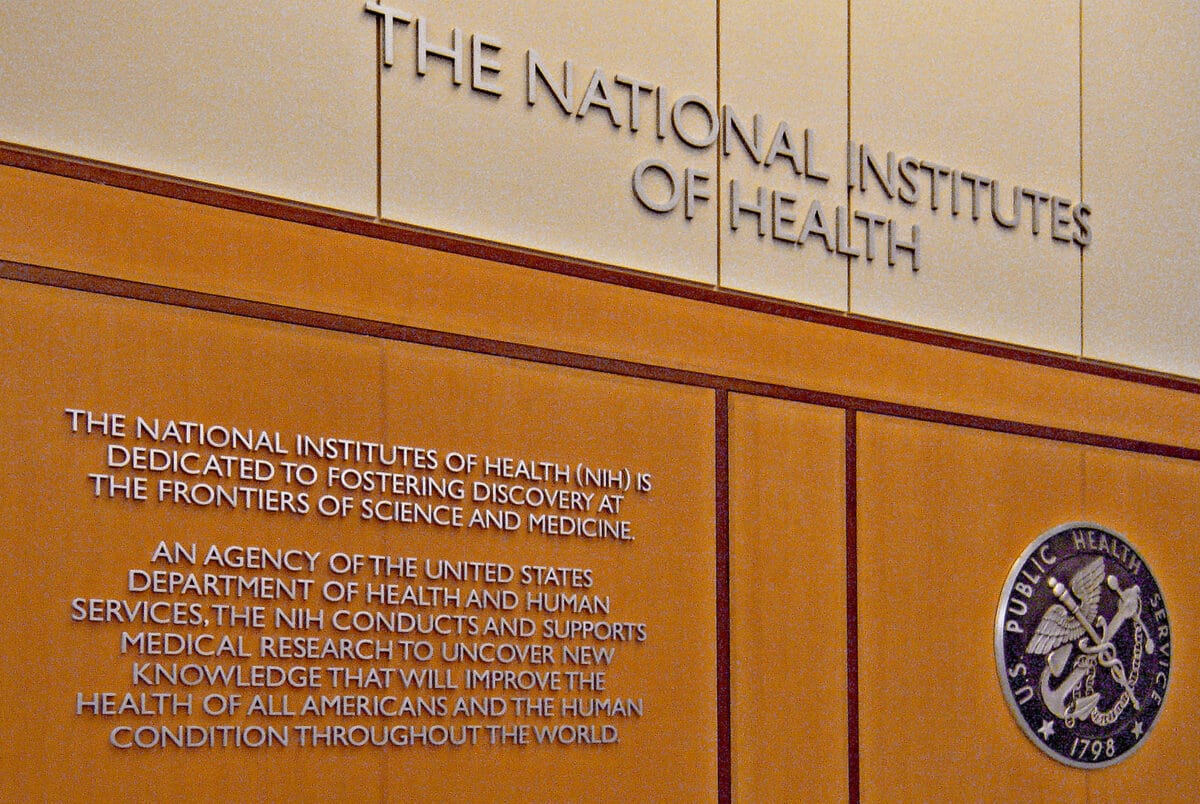
Hysteria in the Science Sector Over DOGE

Stand Up for Science or... for Naked Ideology?
Science Reporting
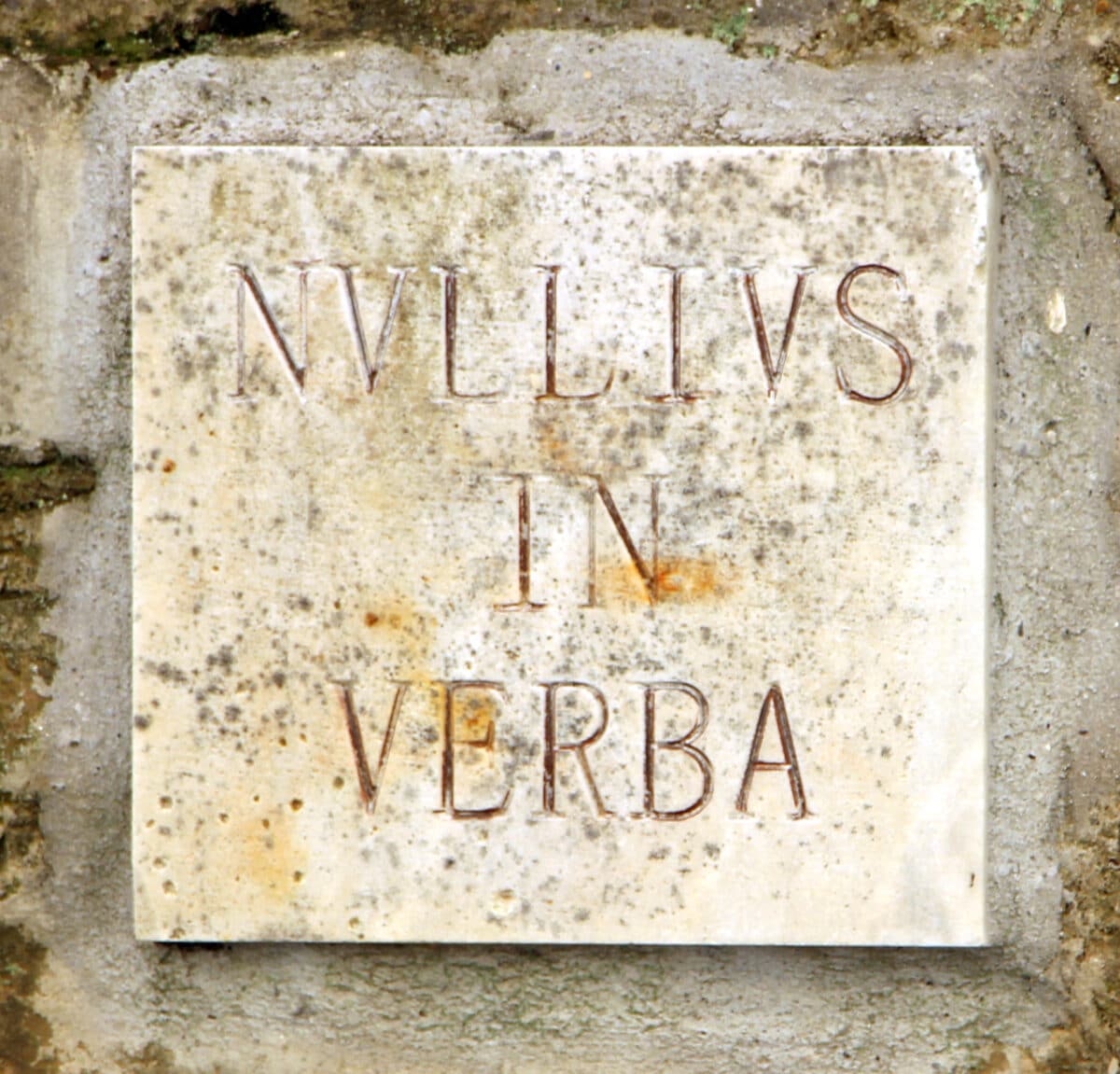
Science Struggles with Reality
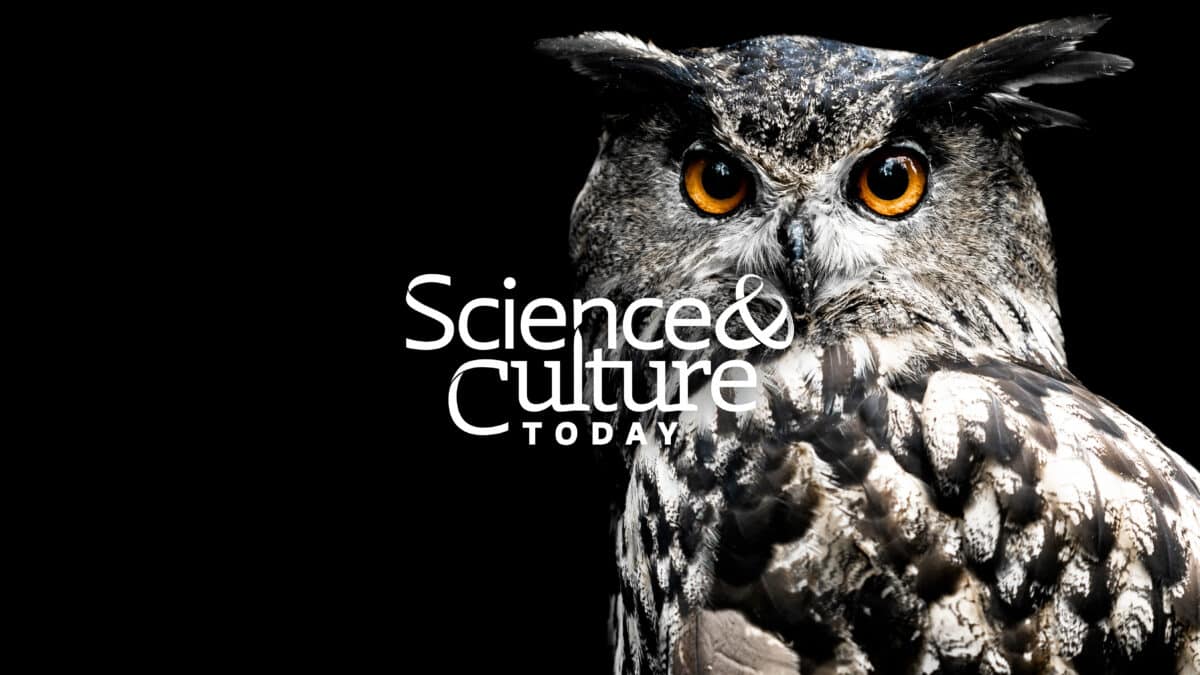
Introducing a New Design, and a New Name
